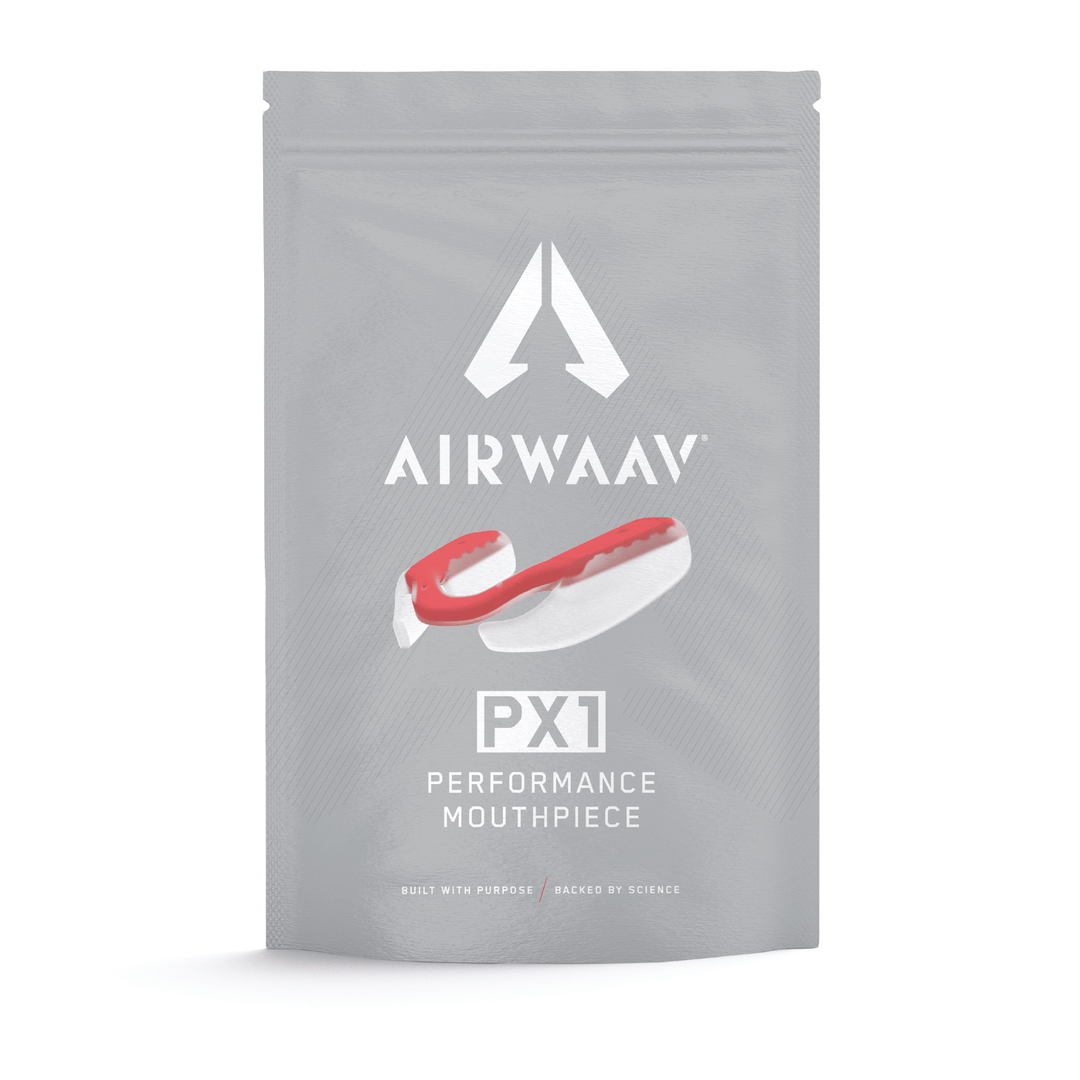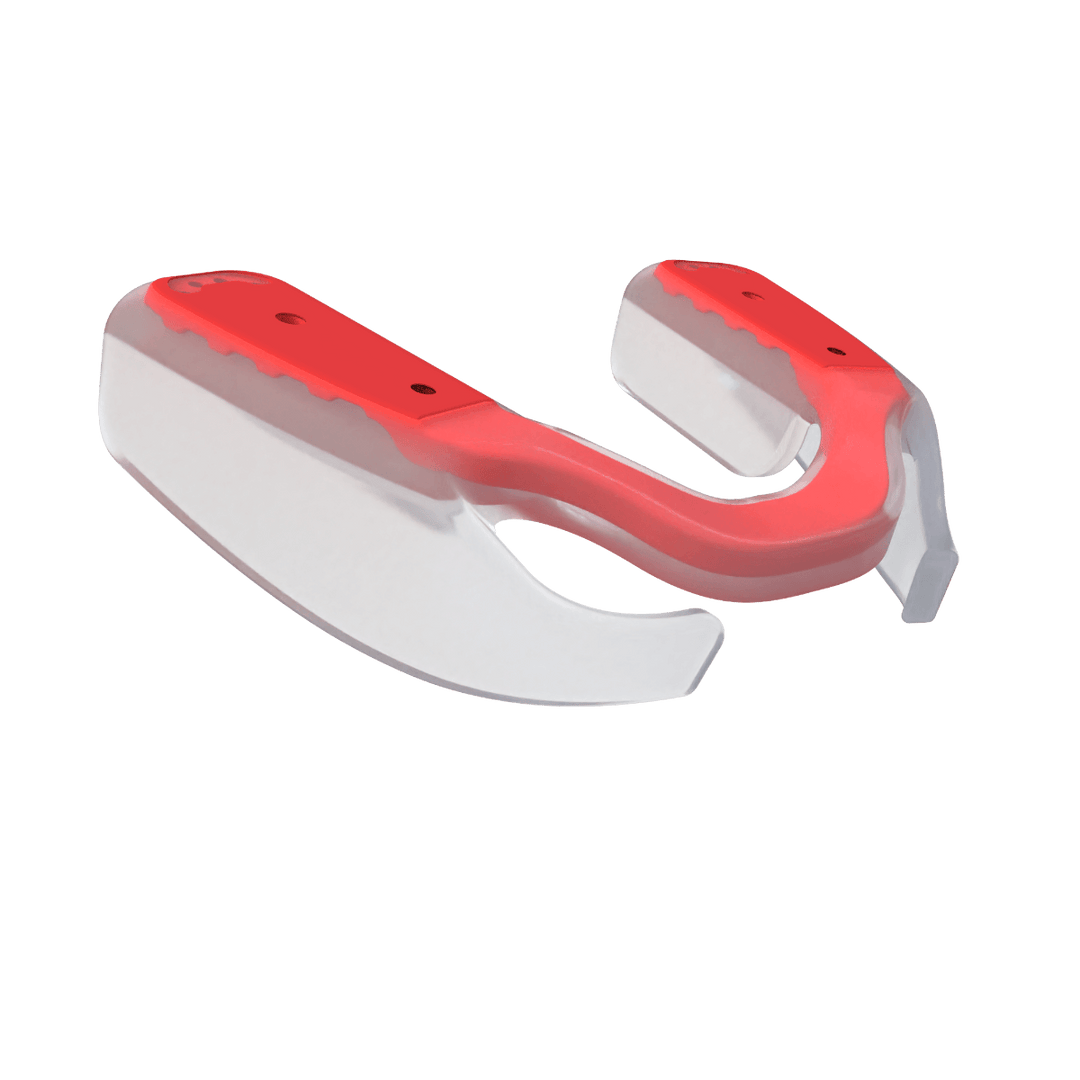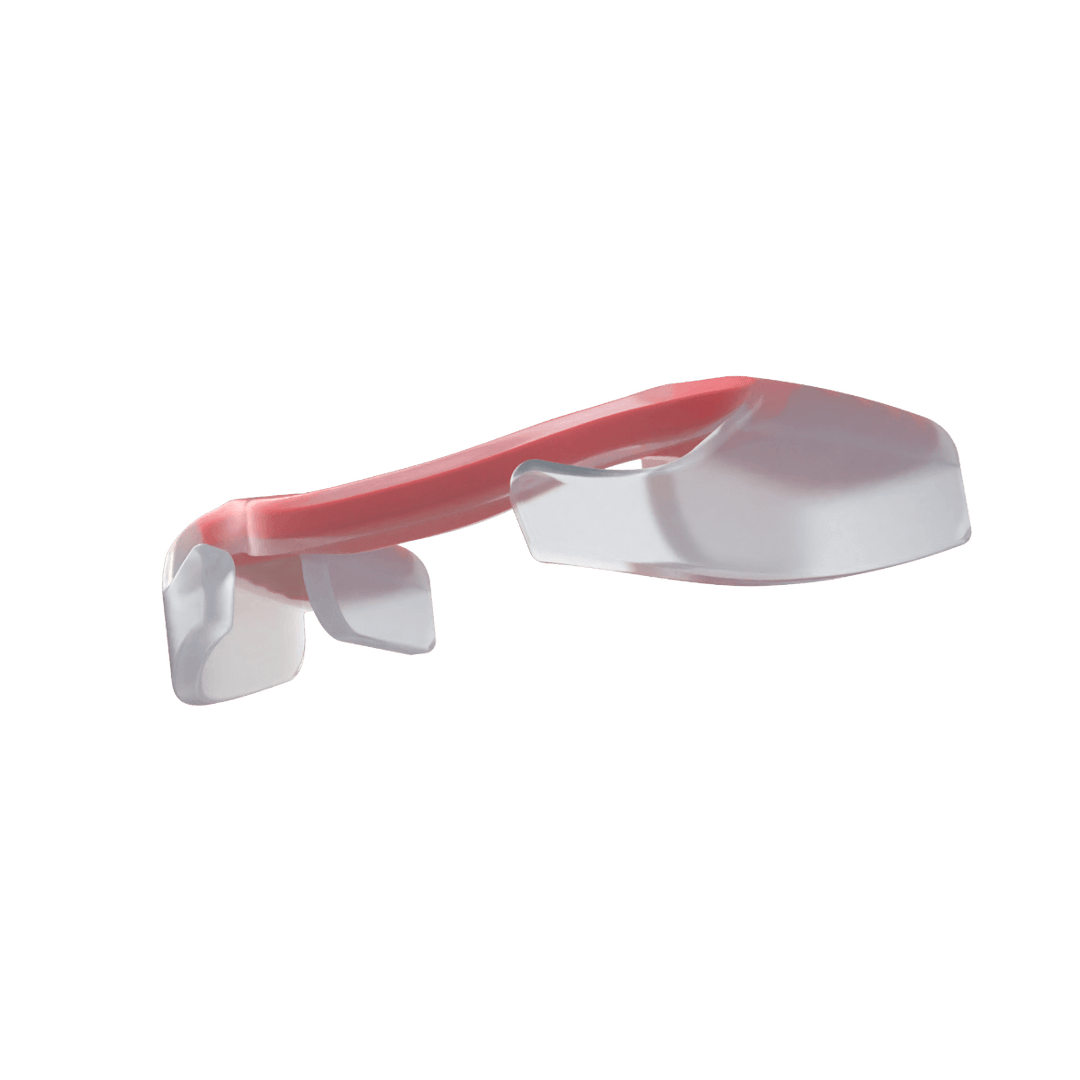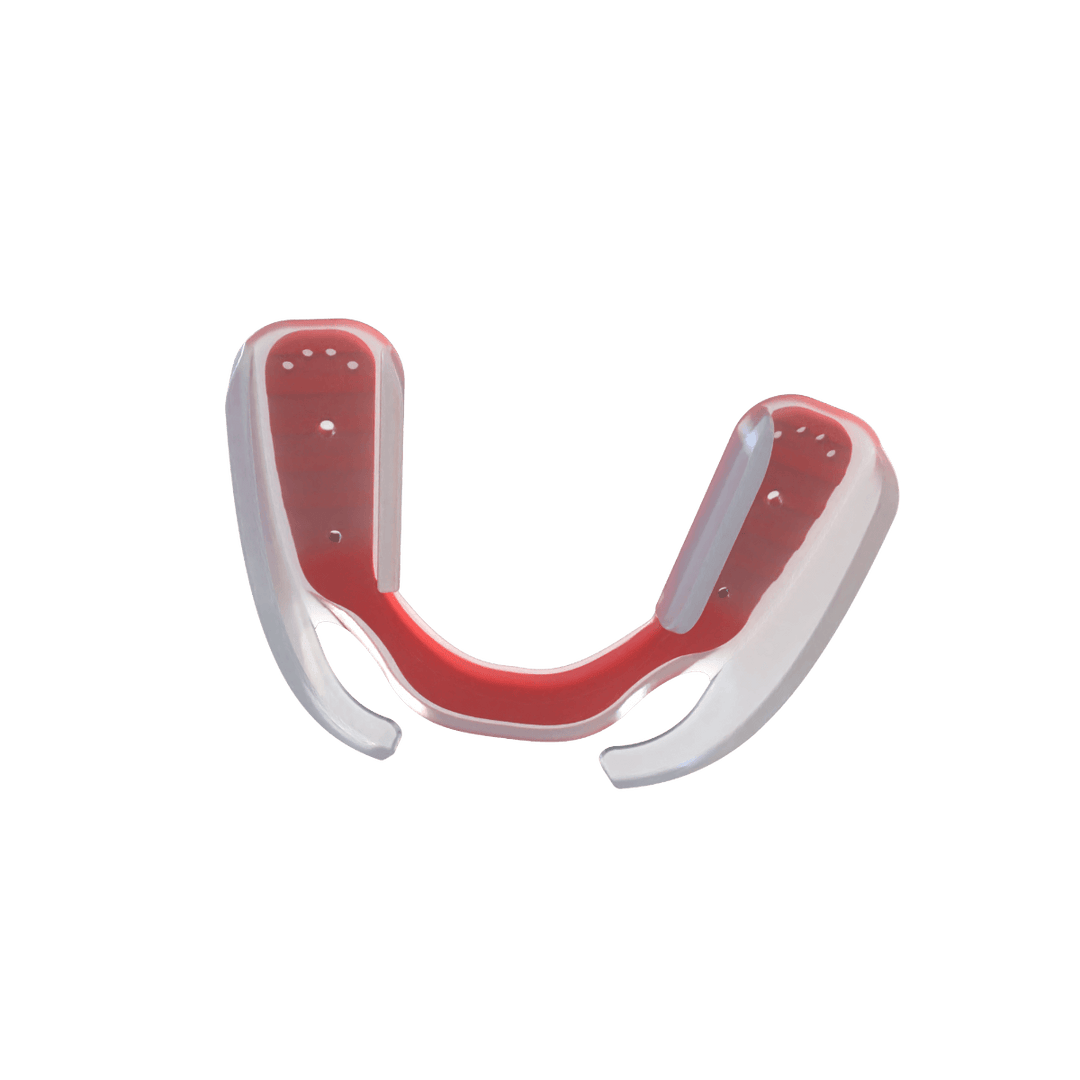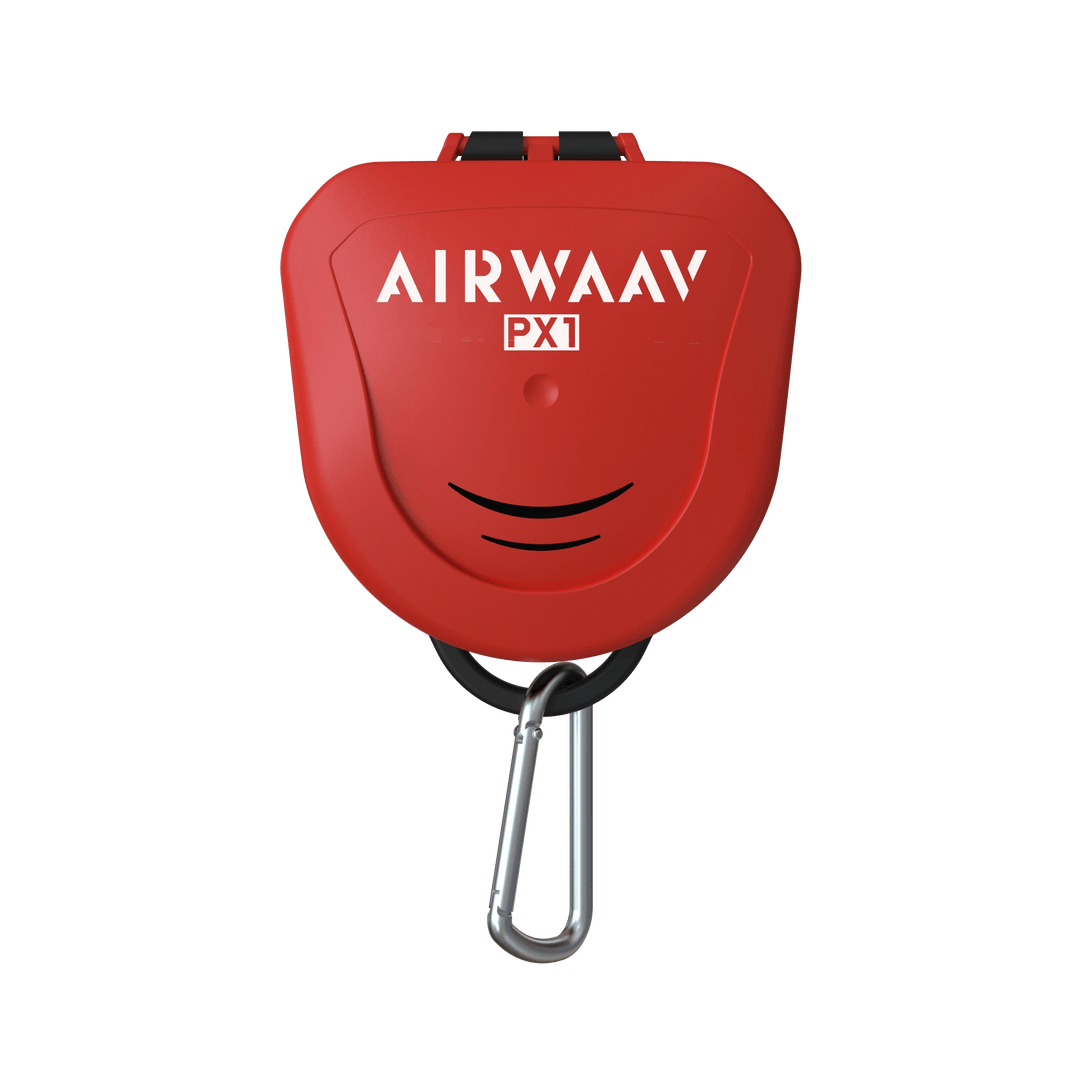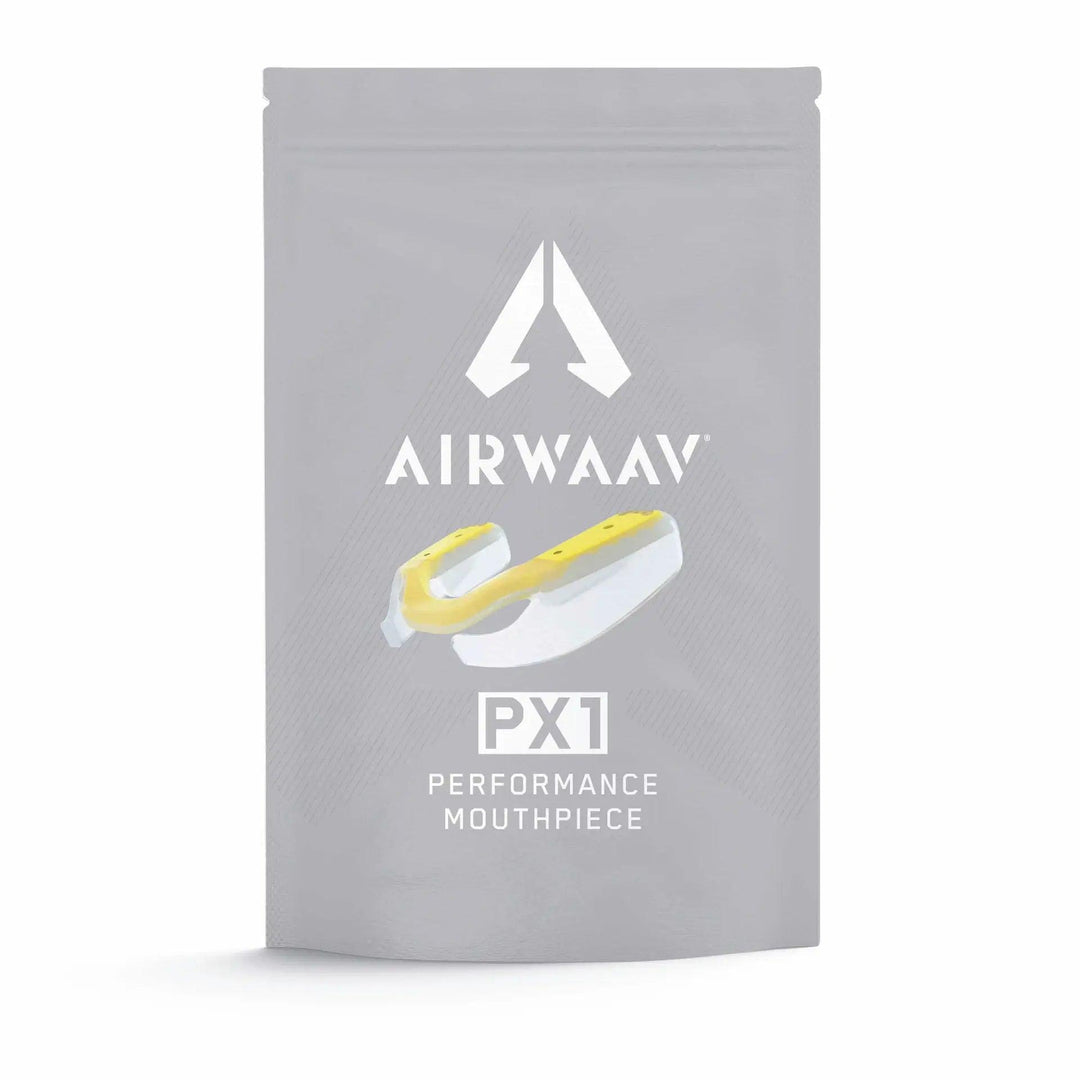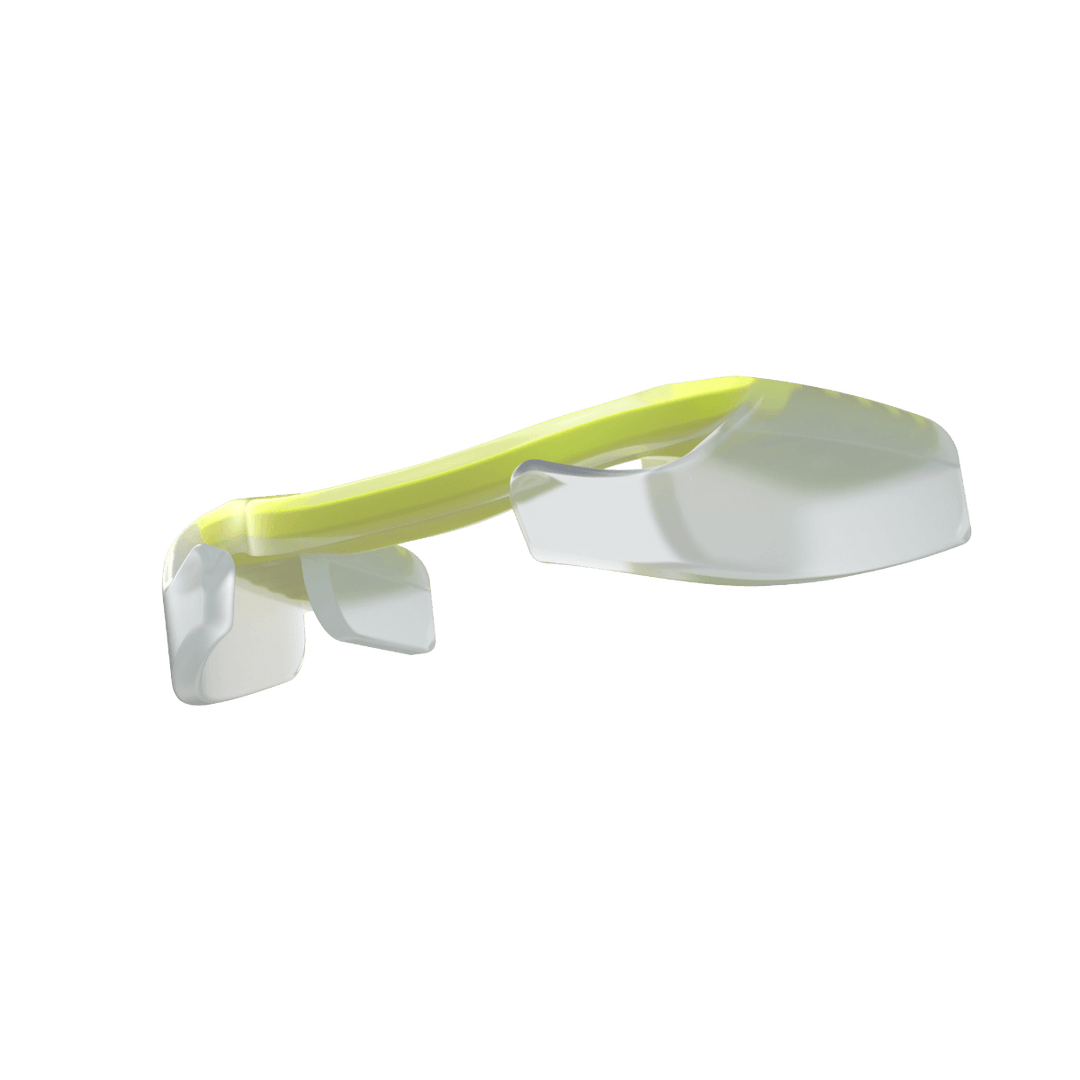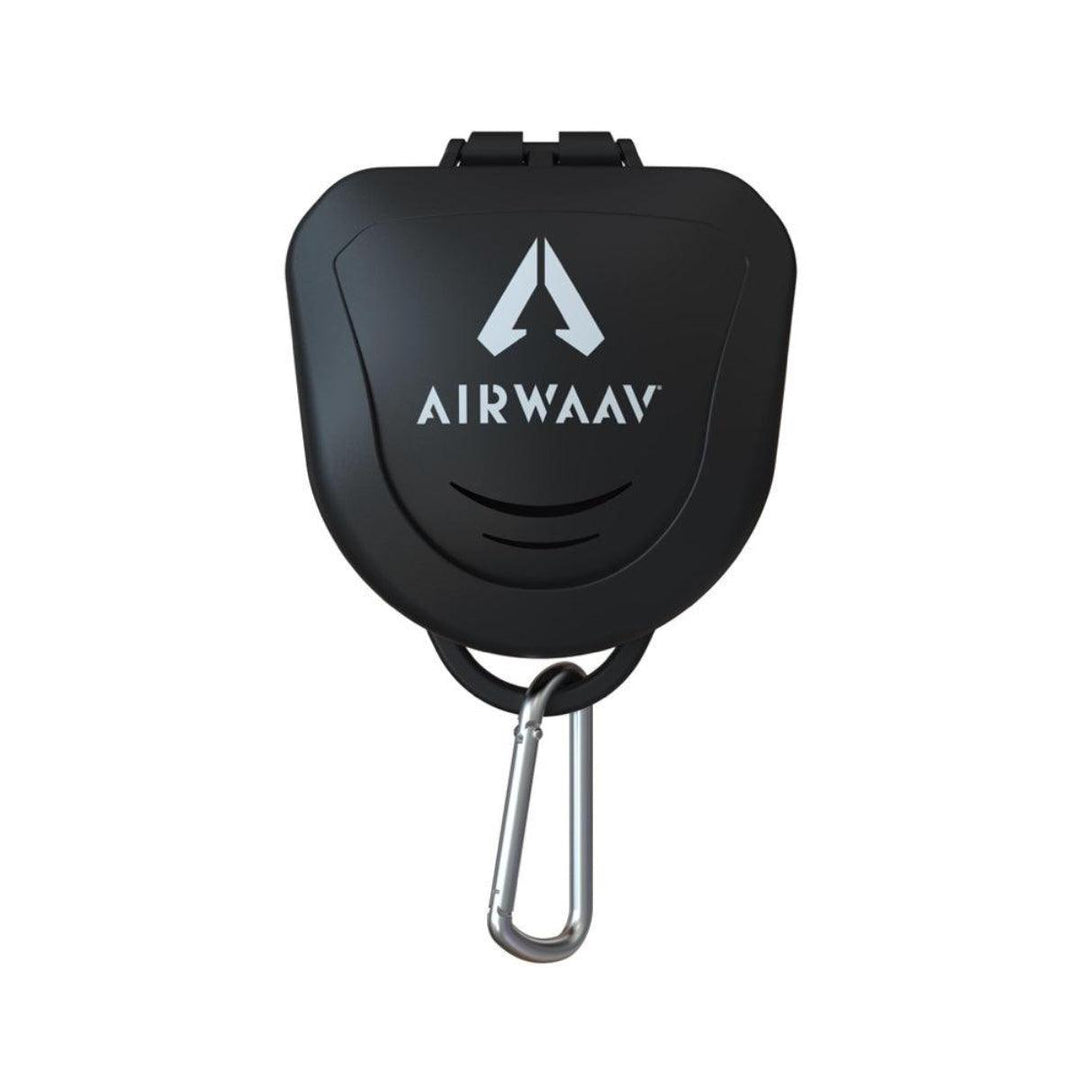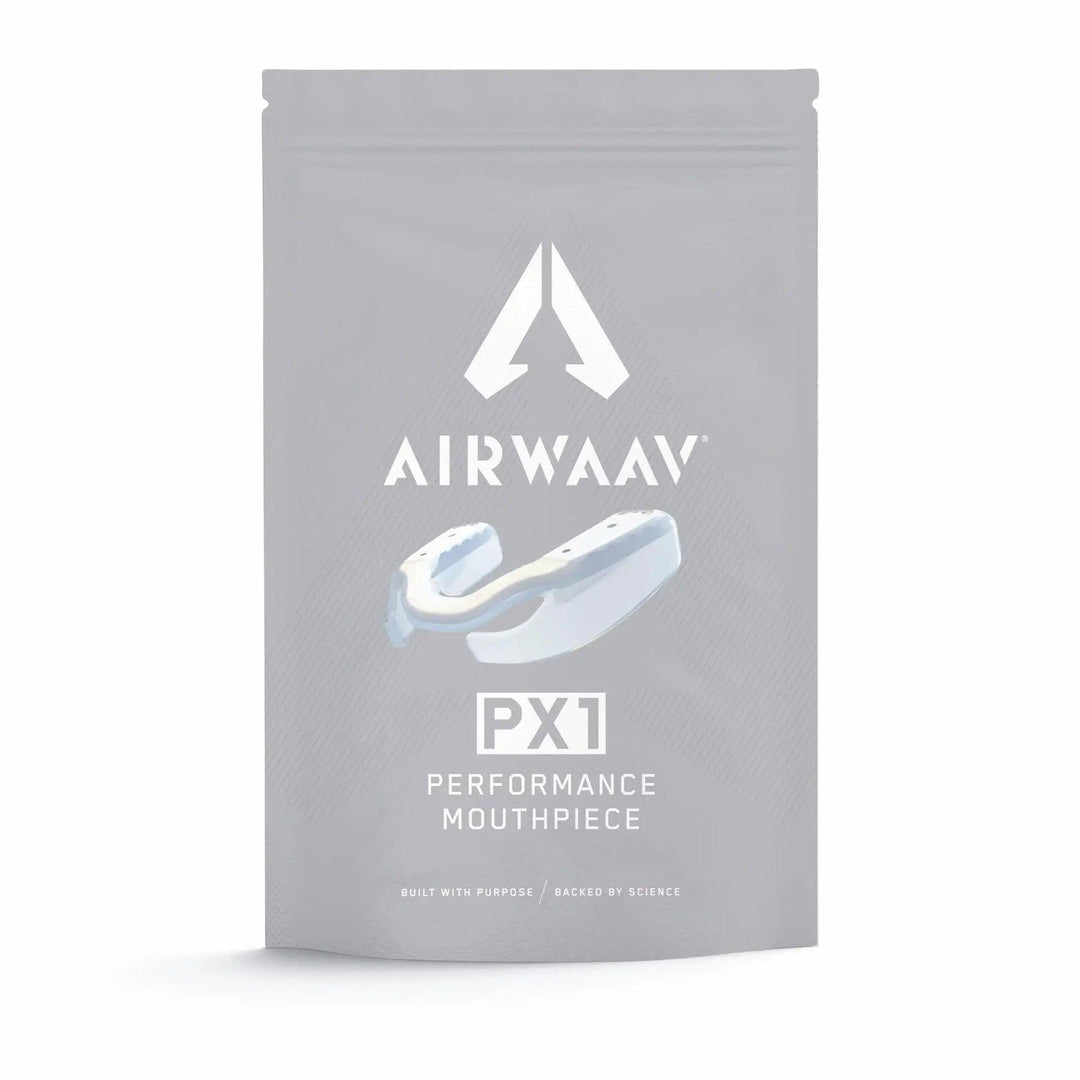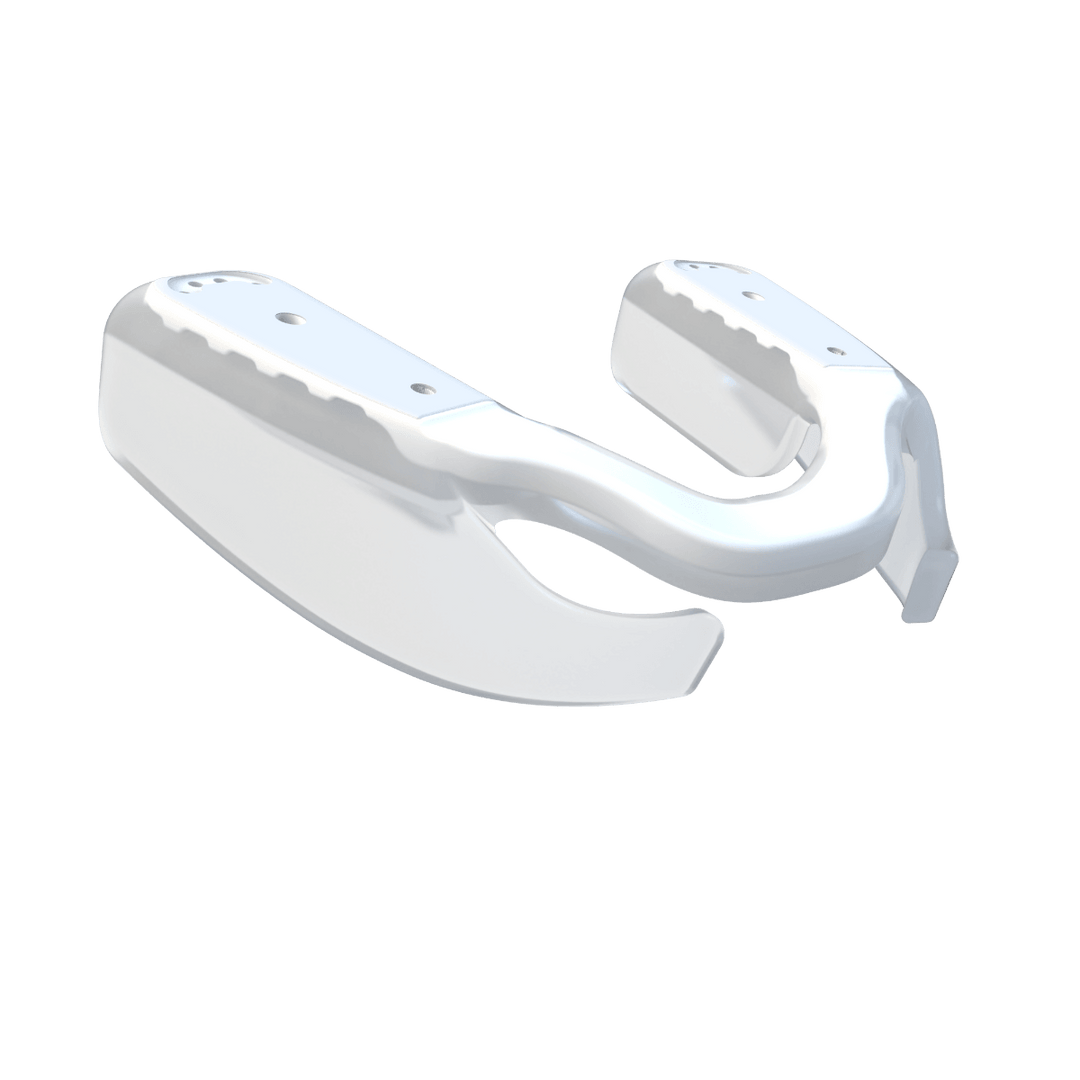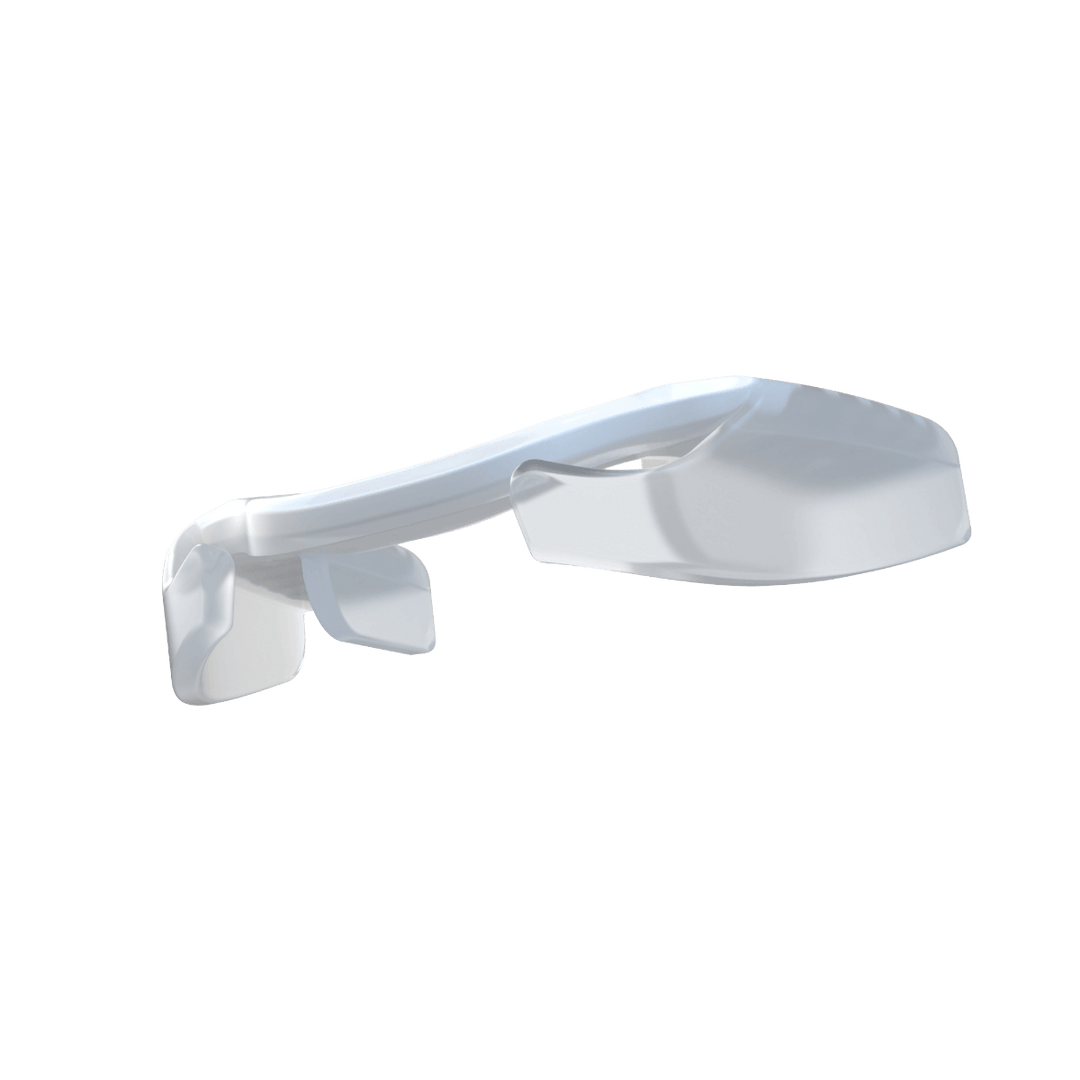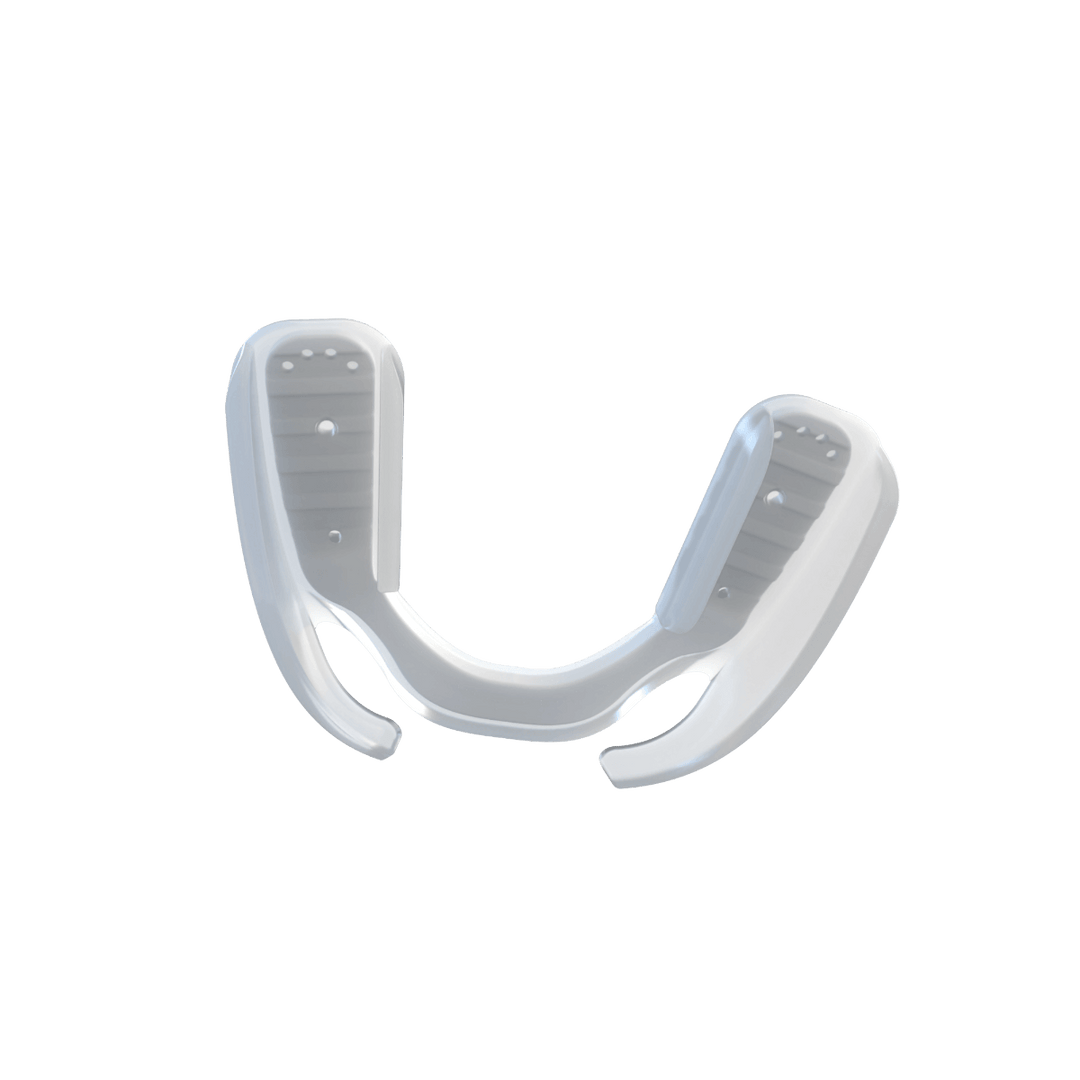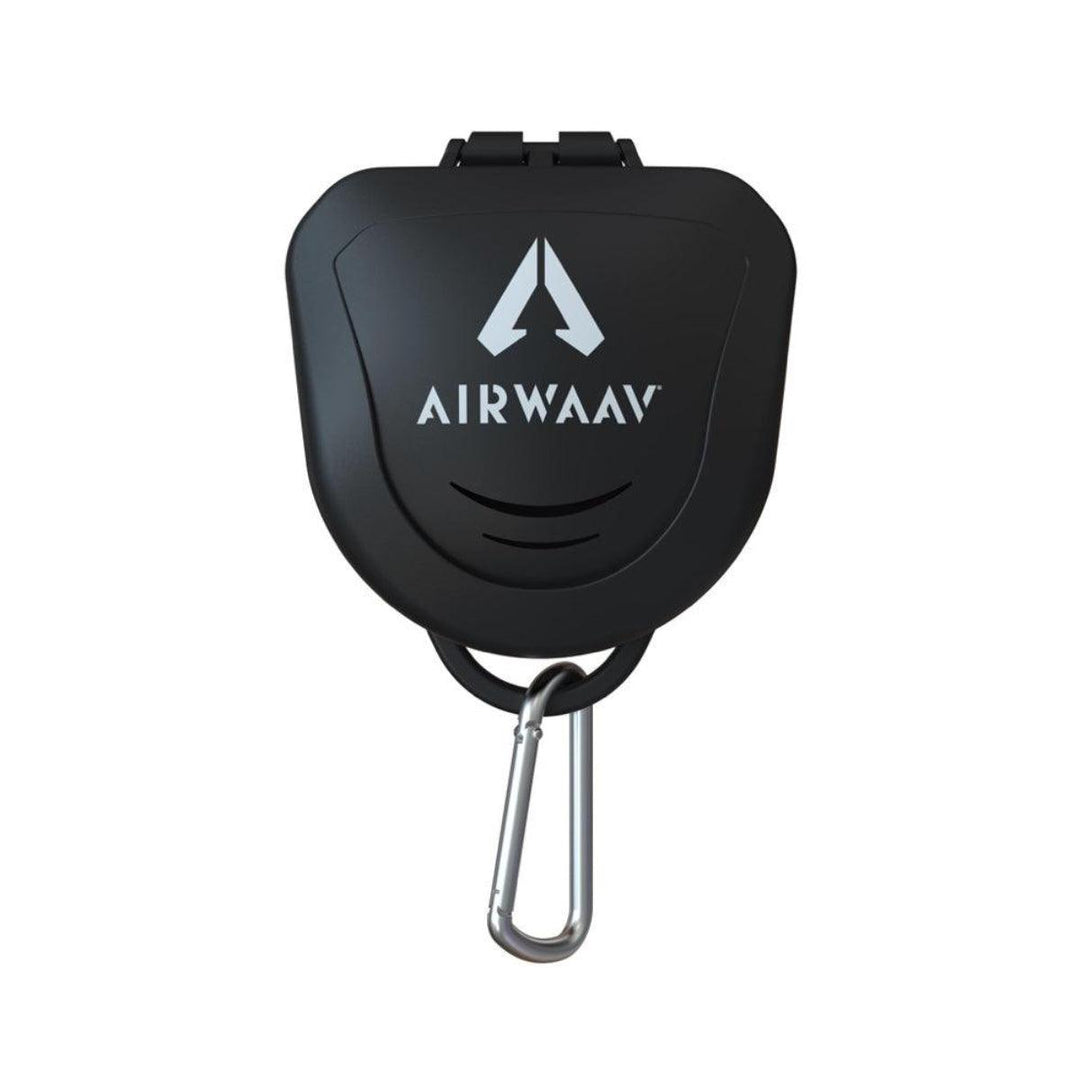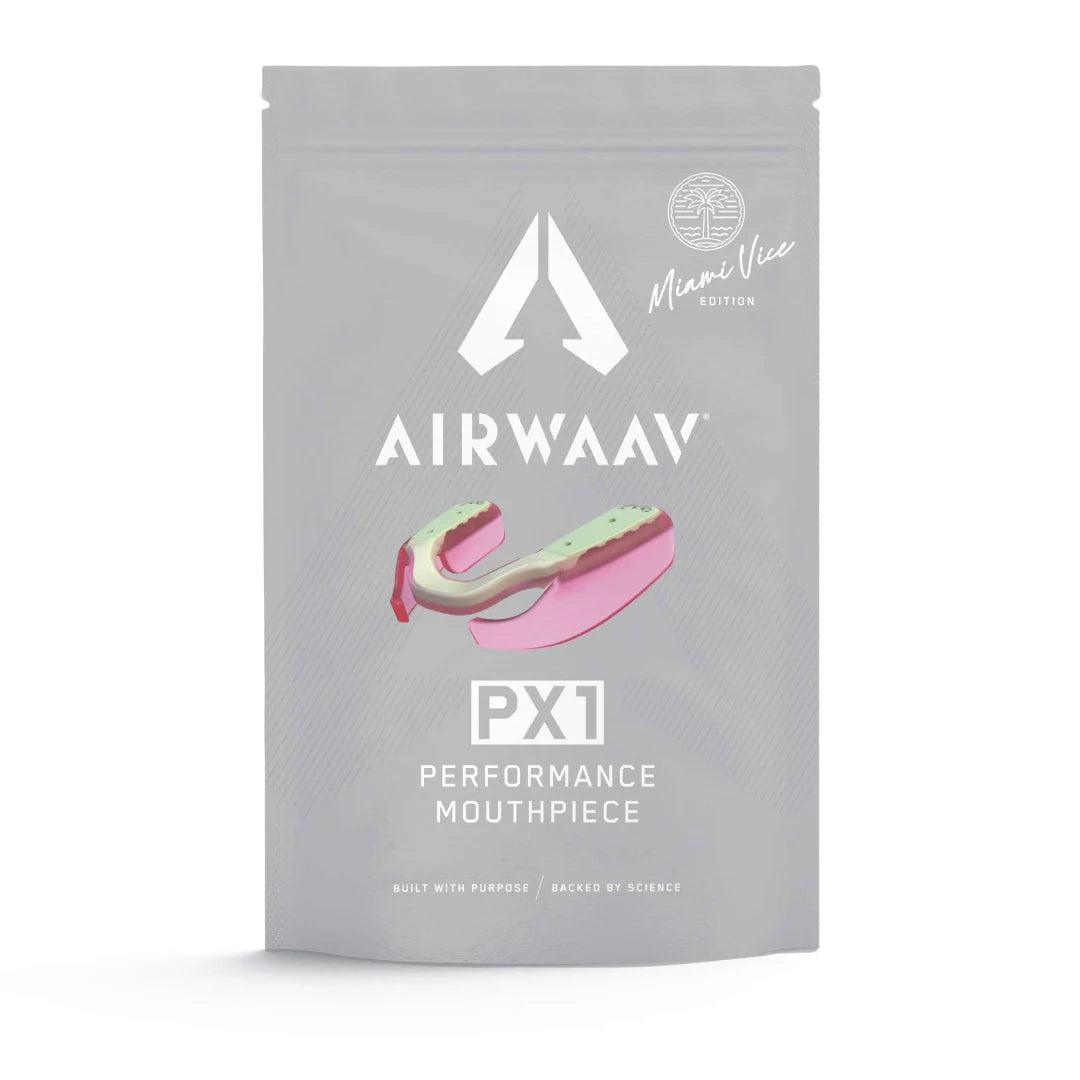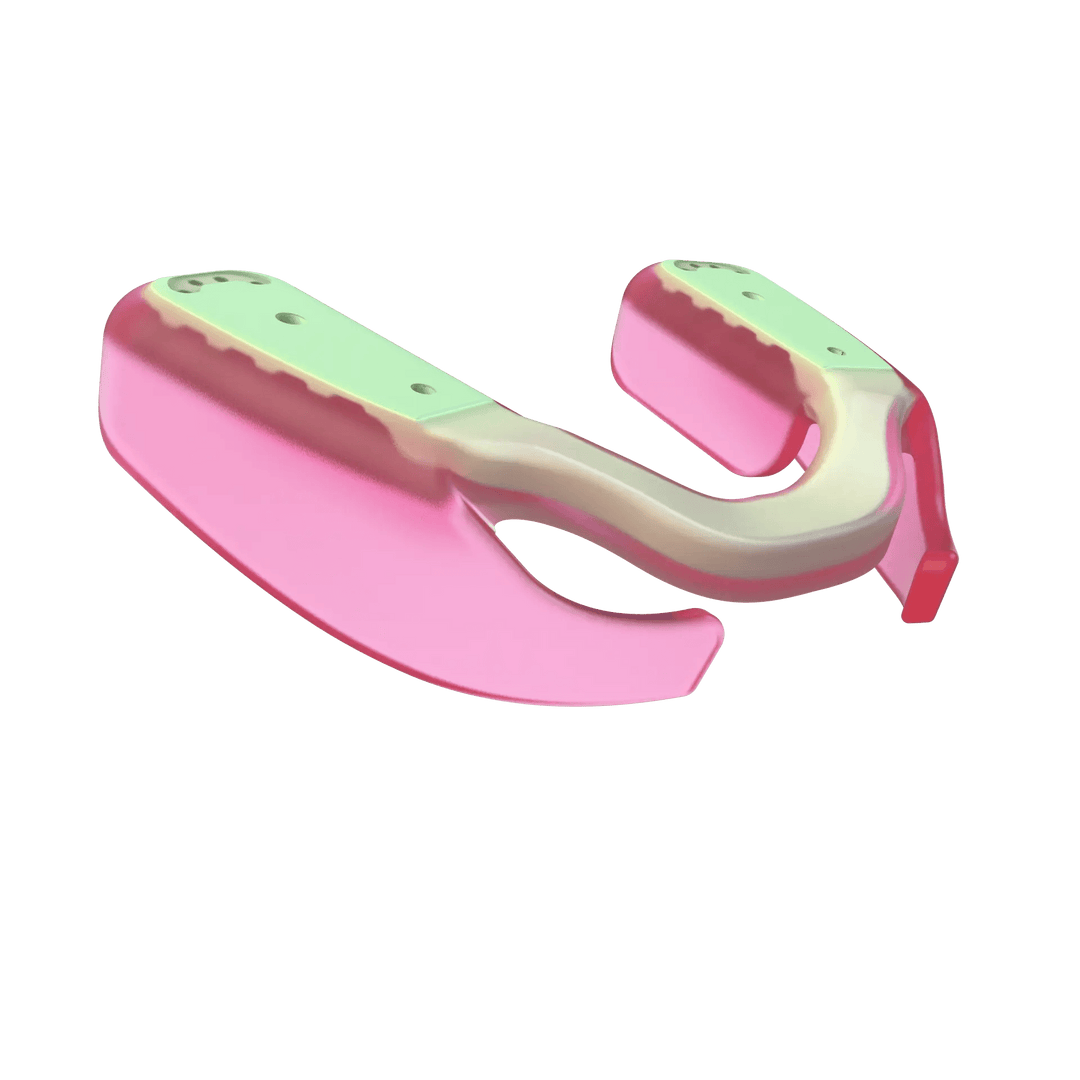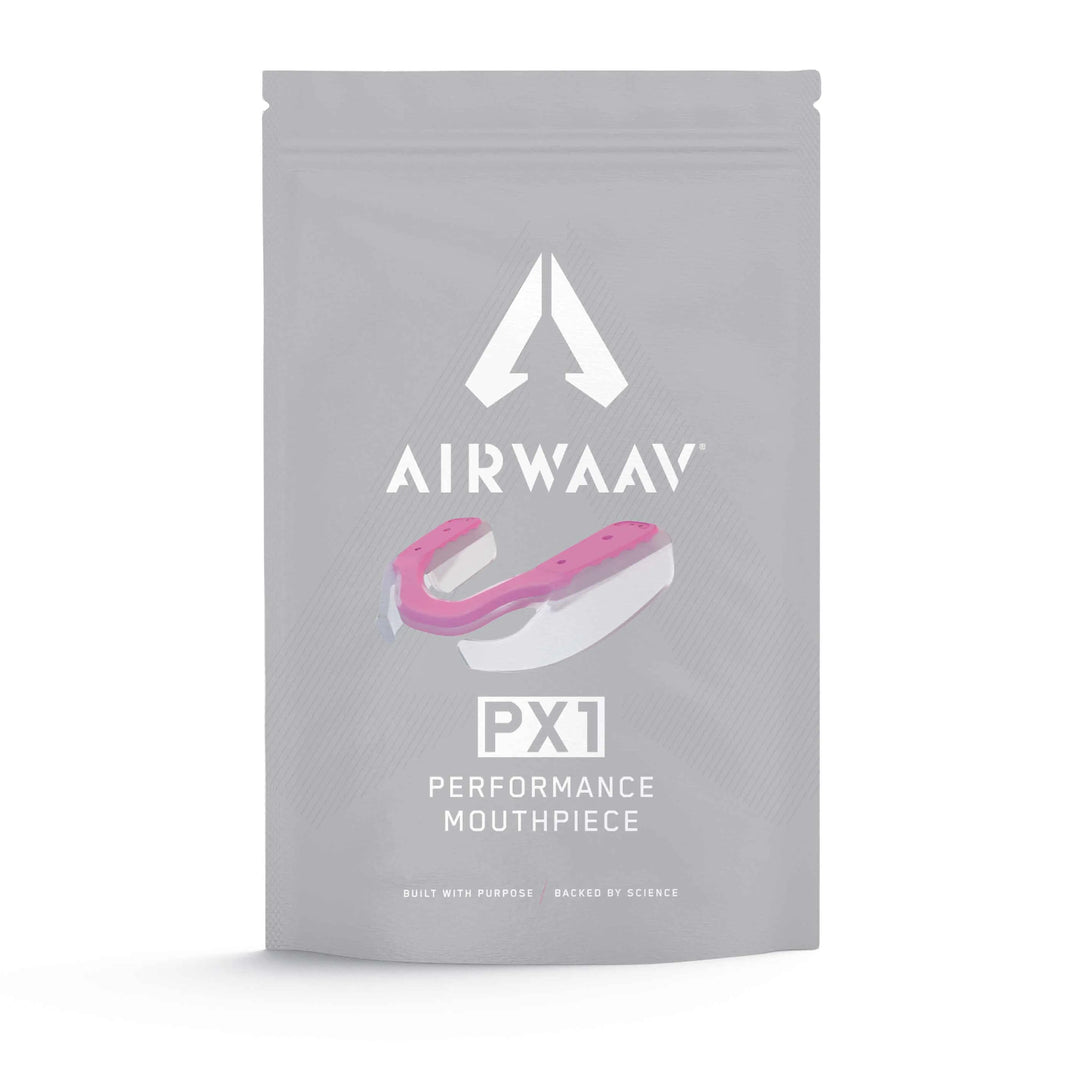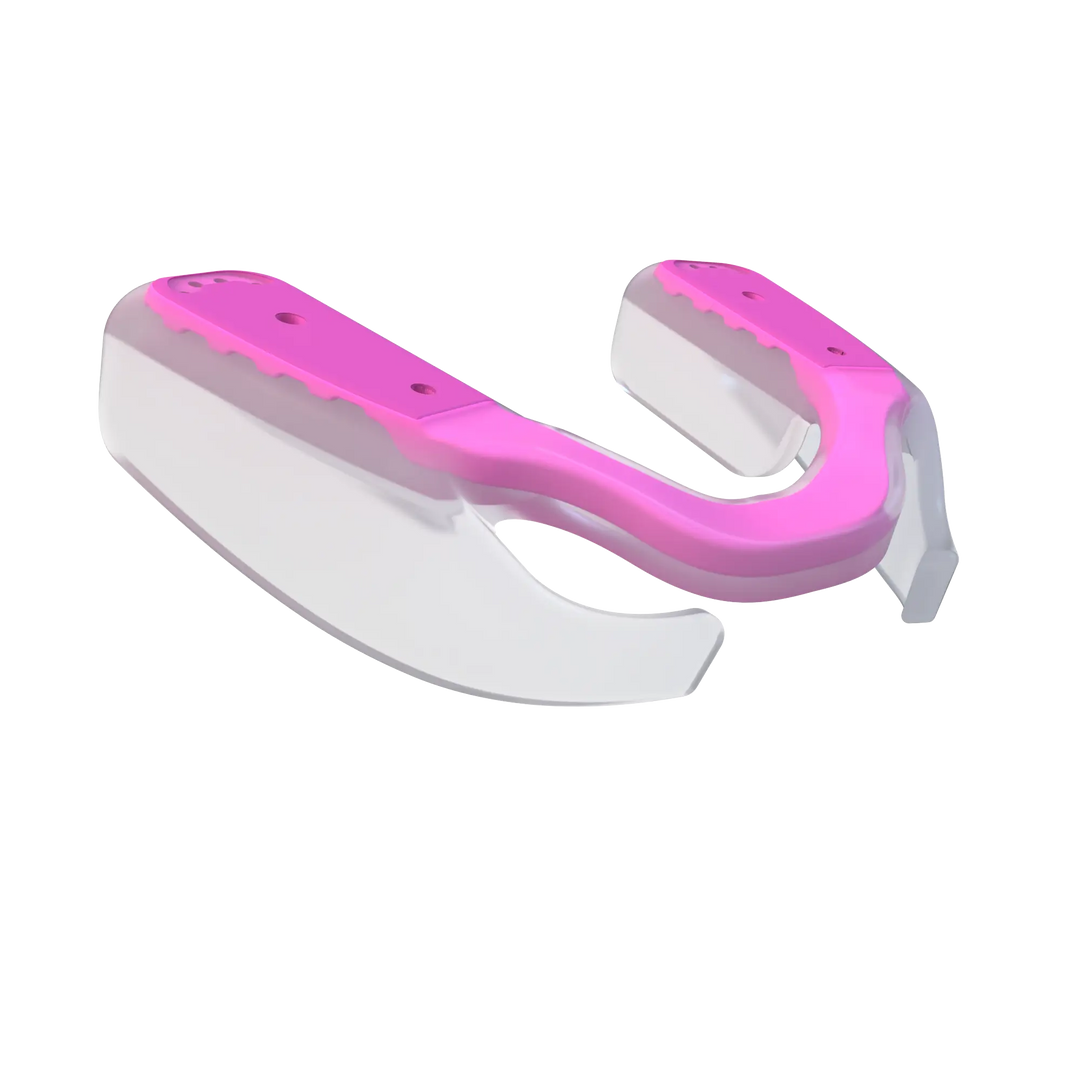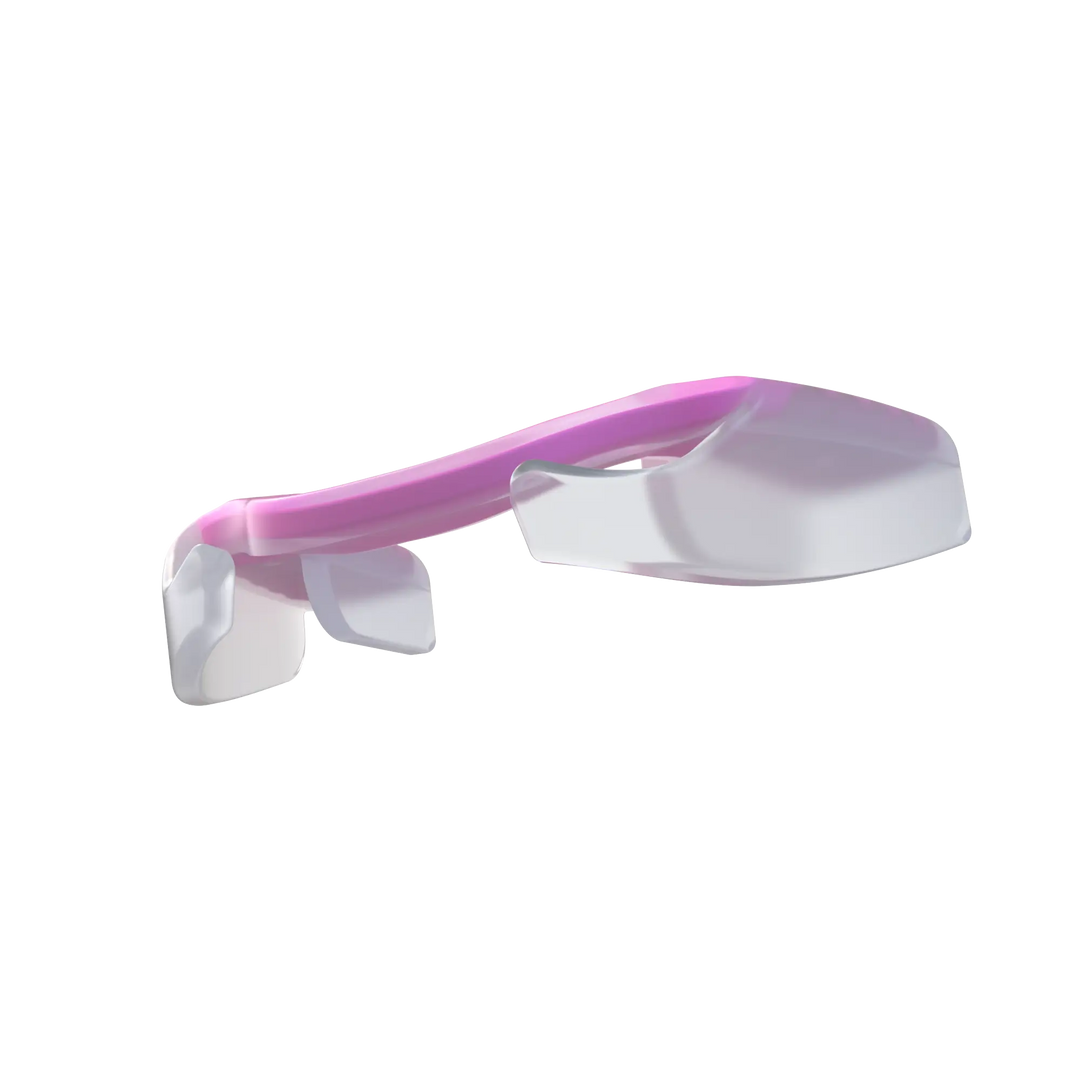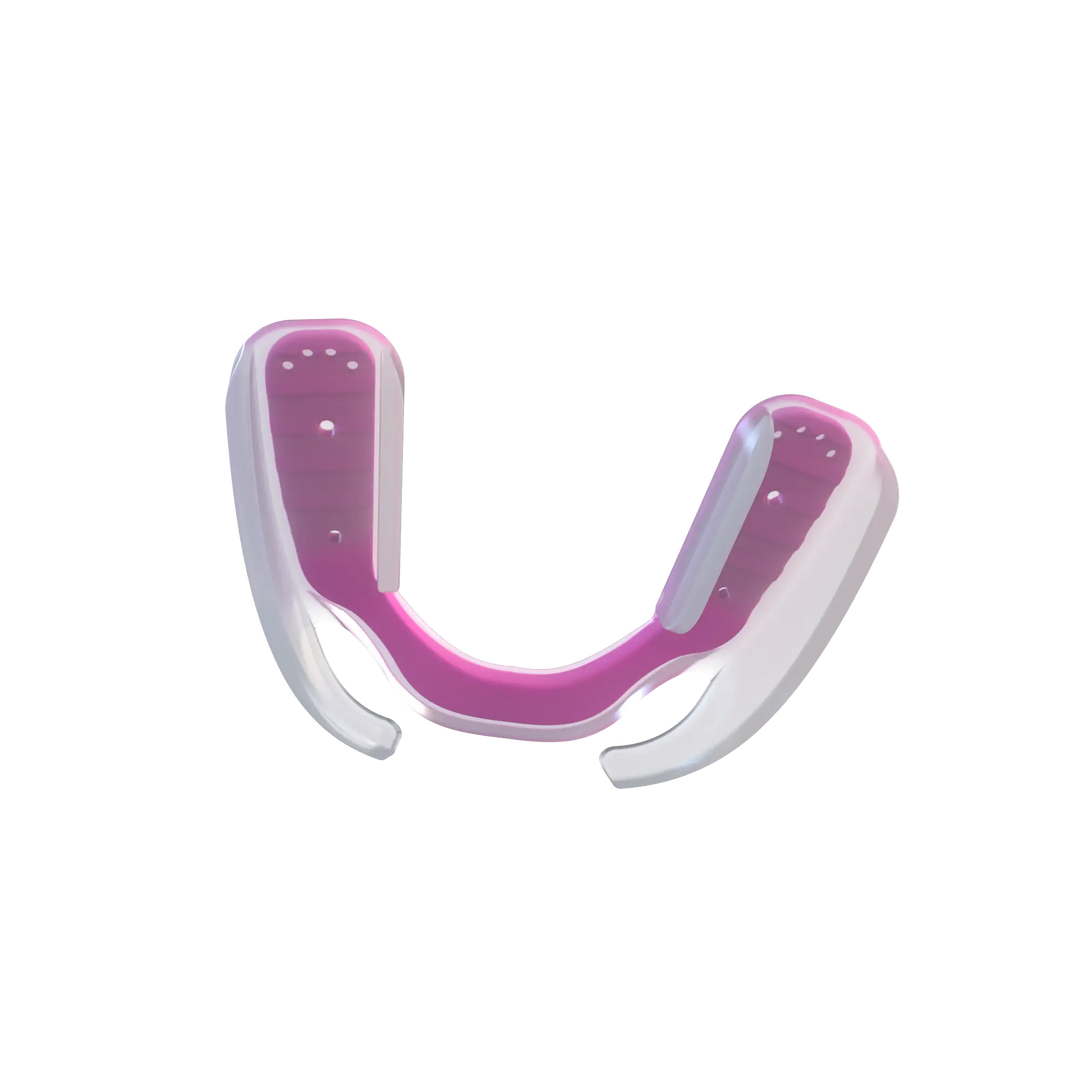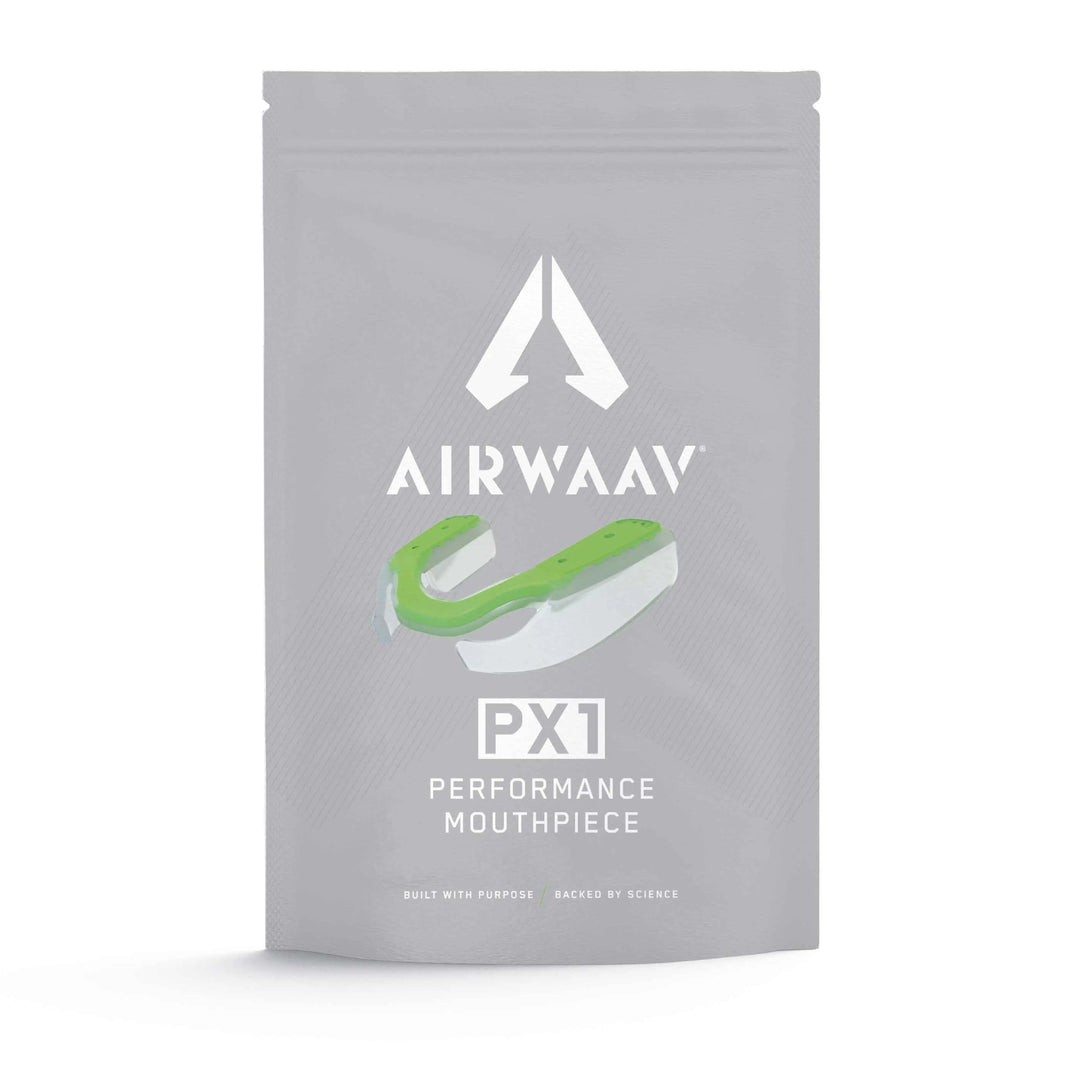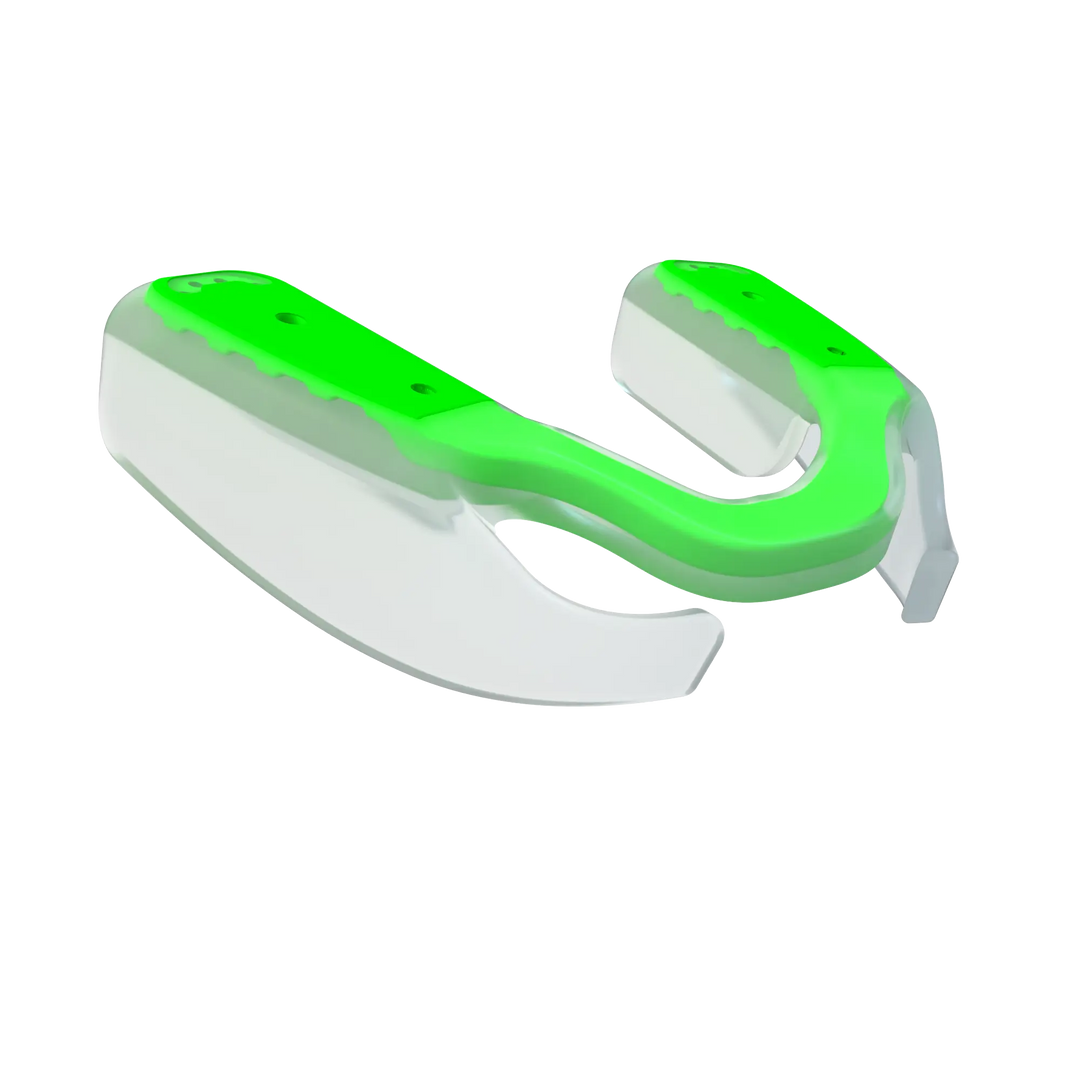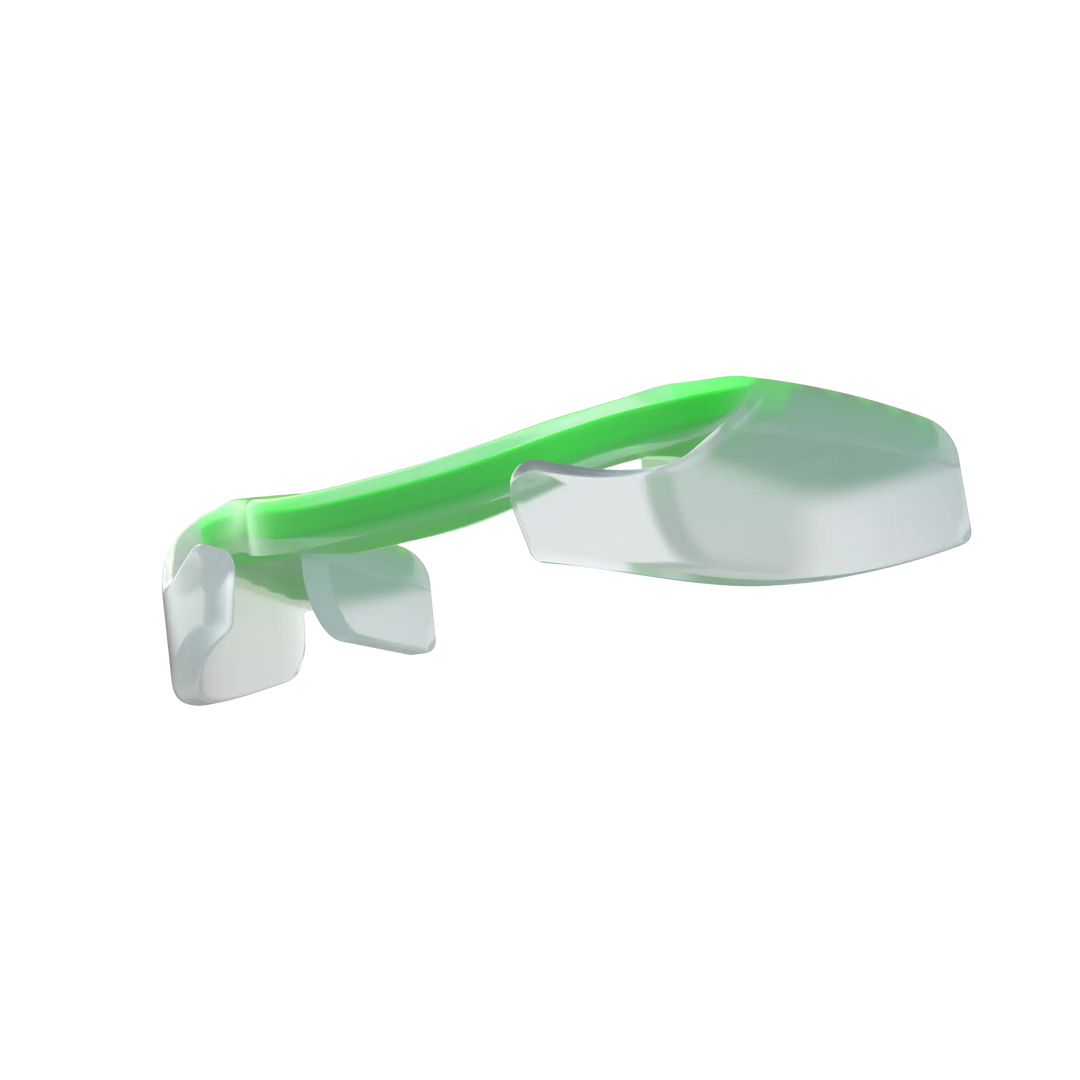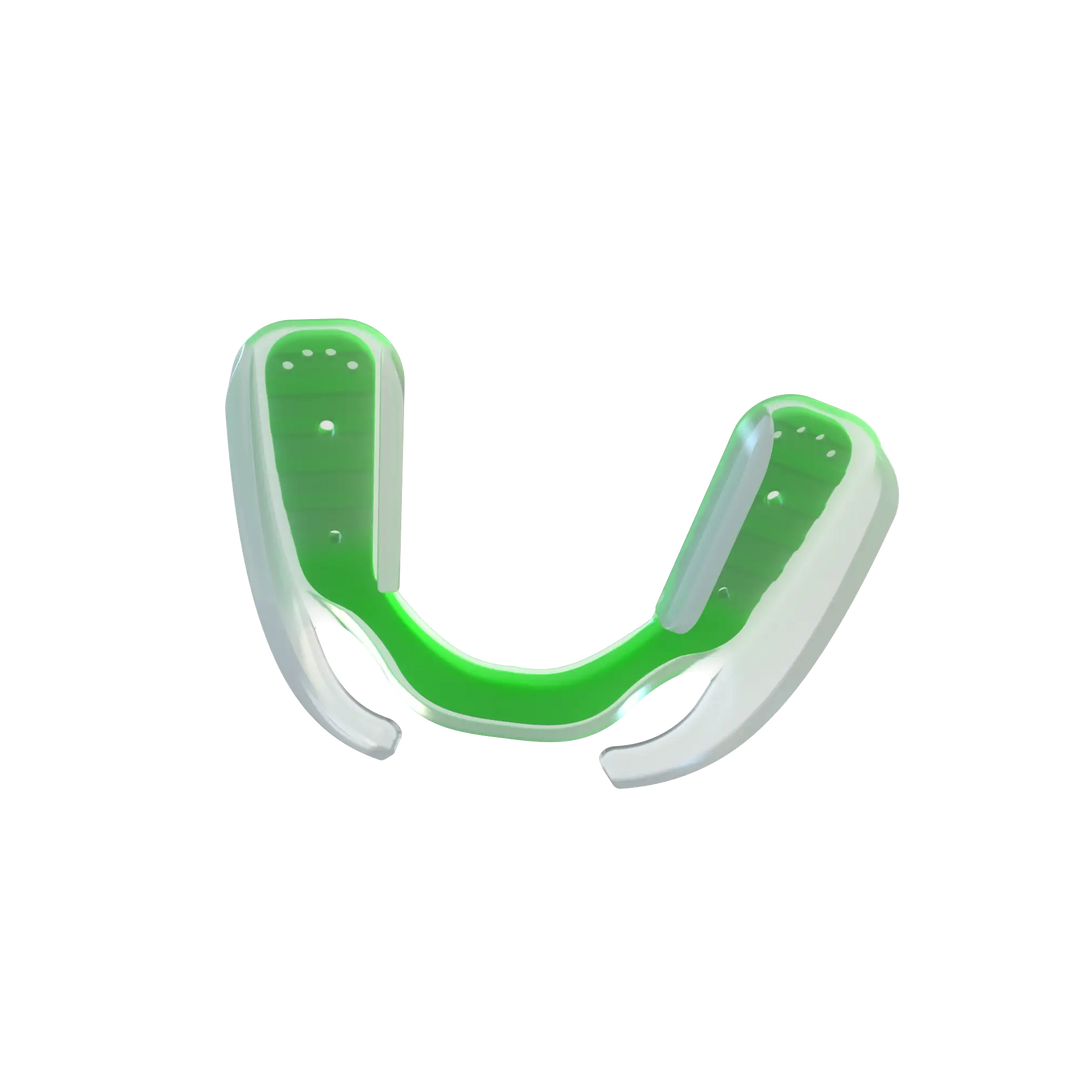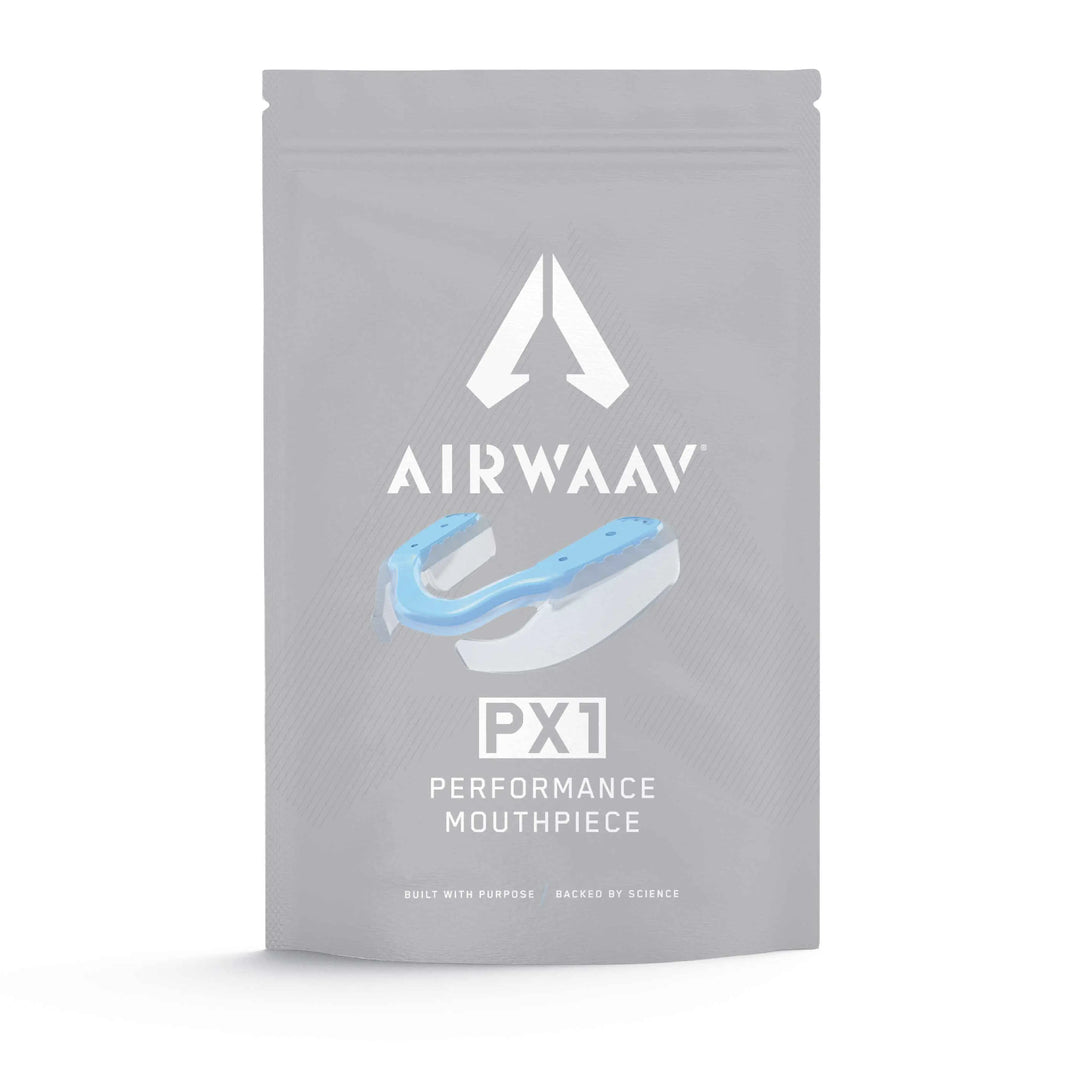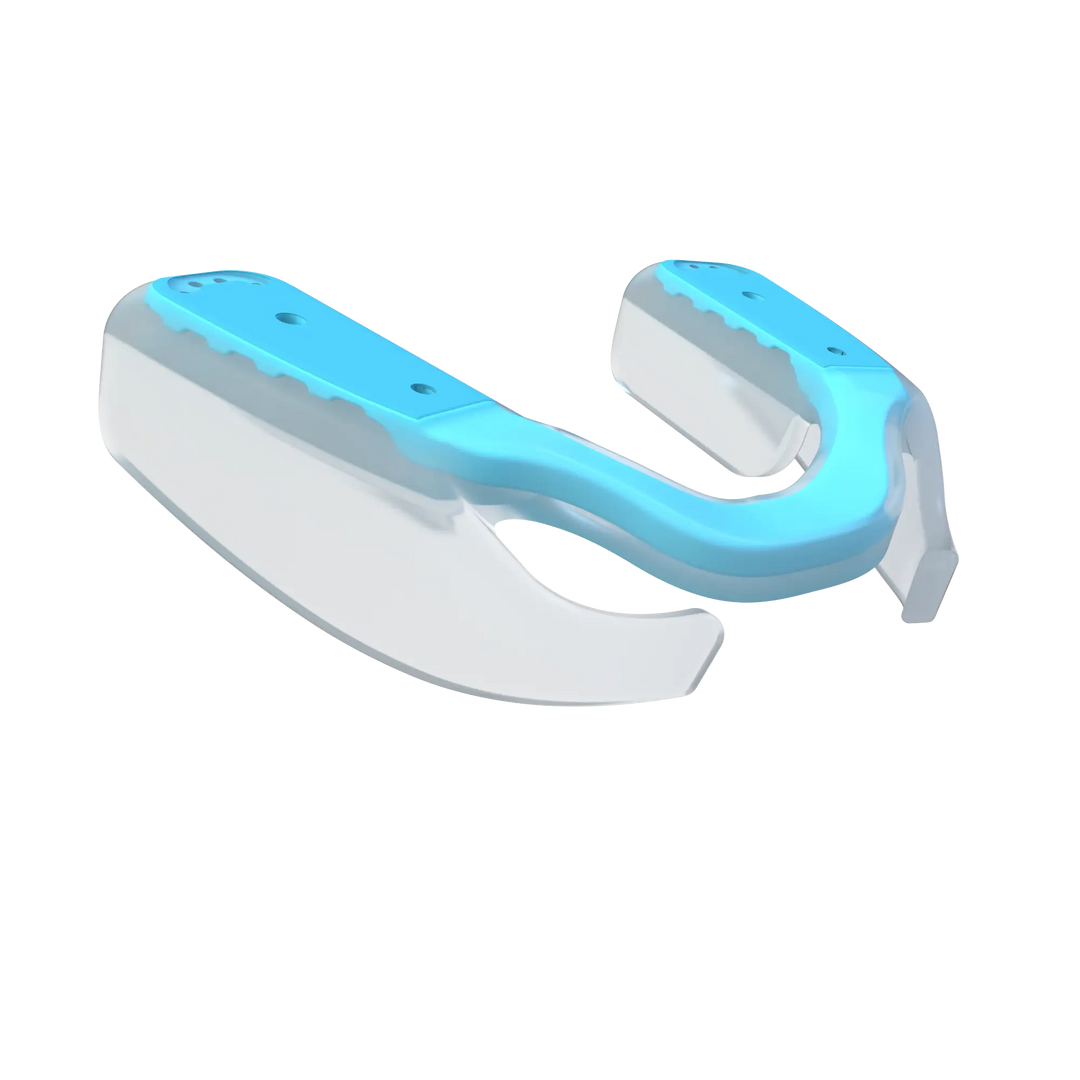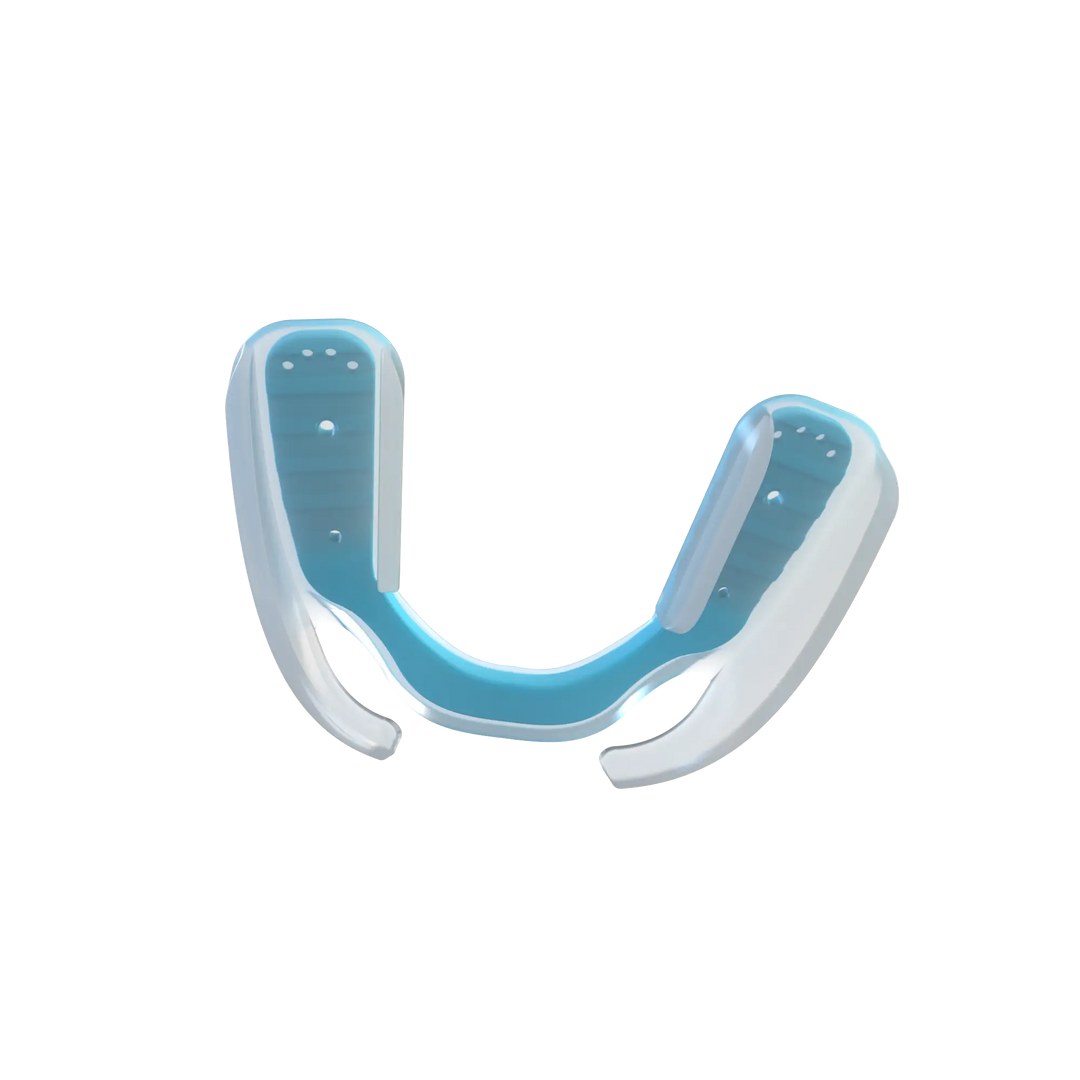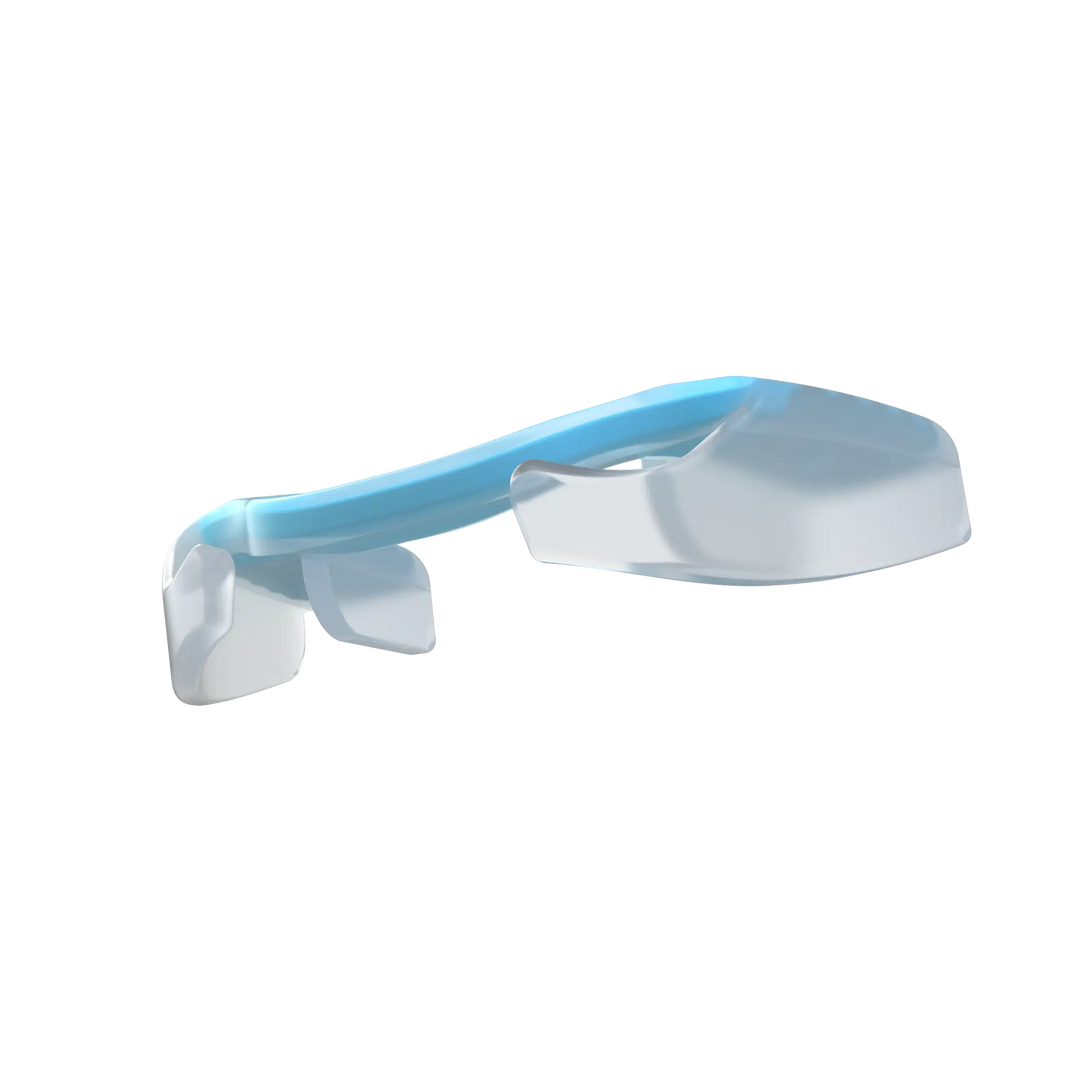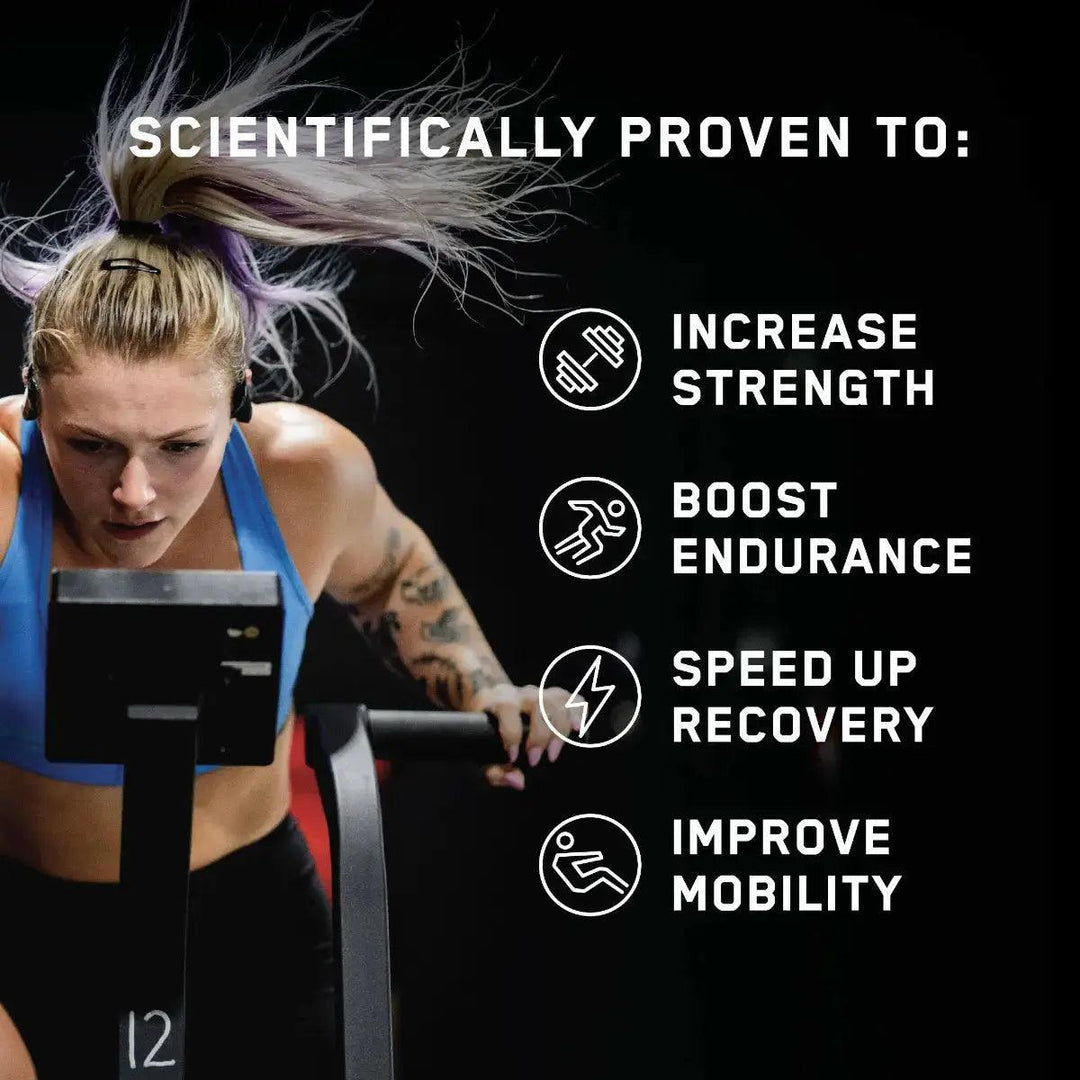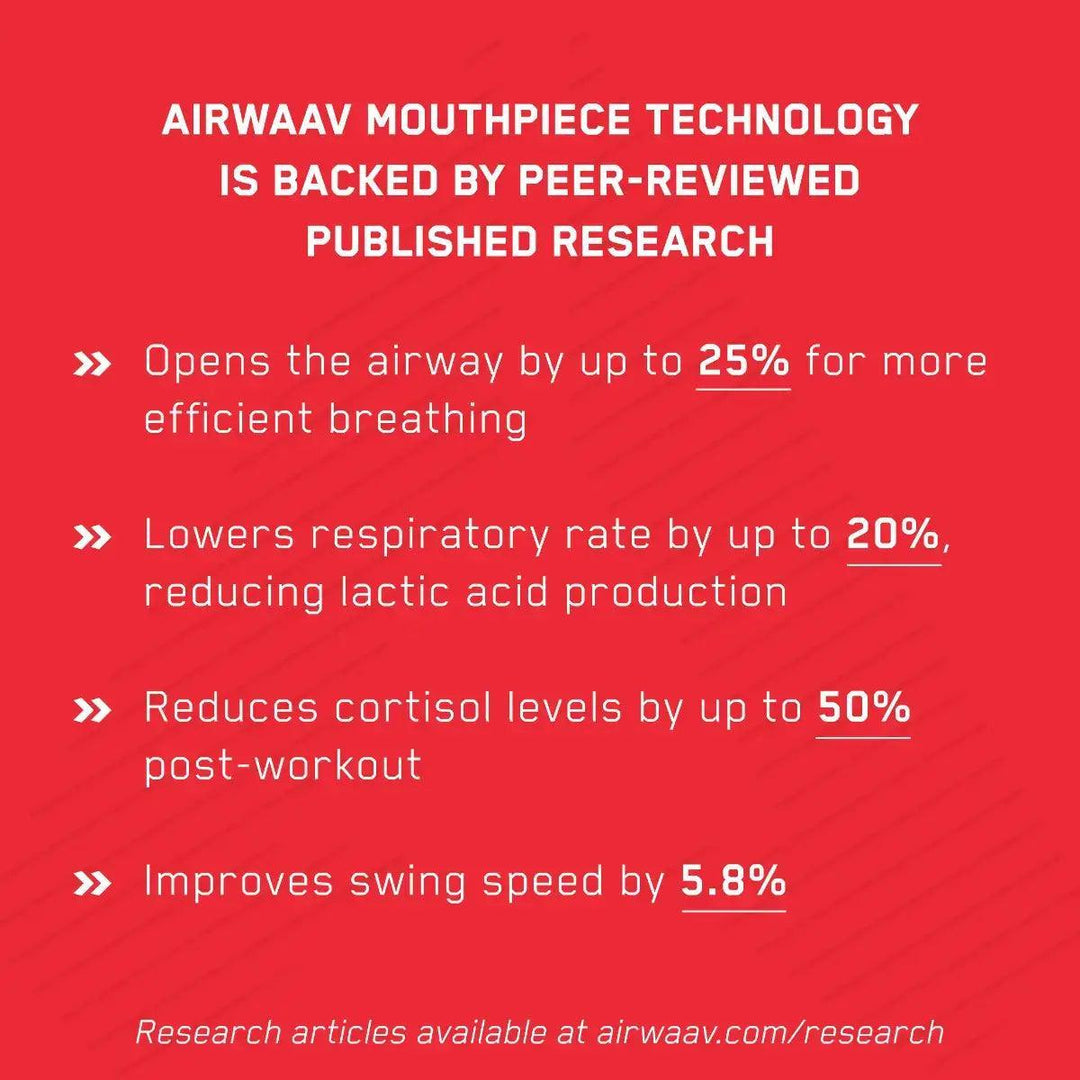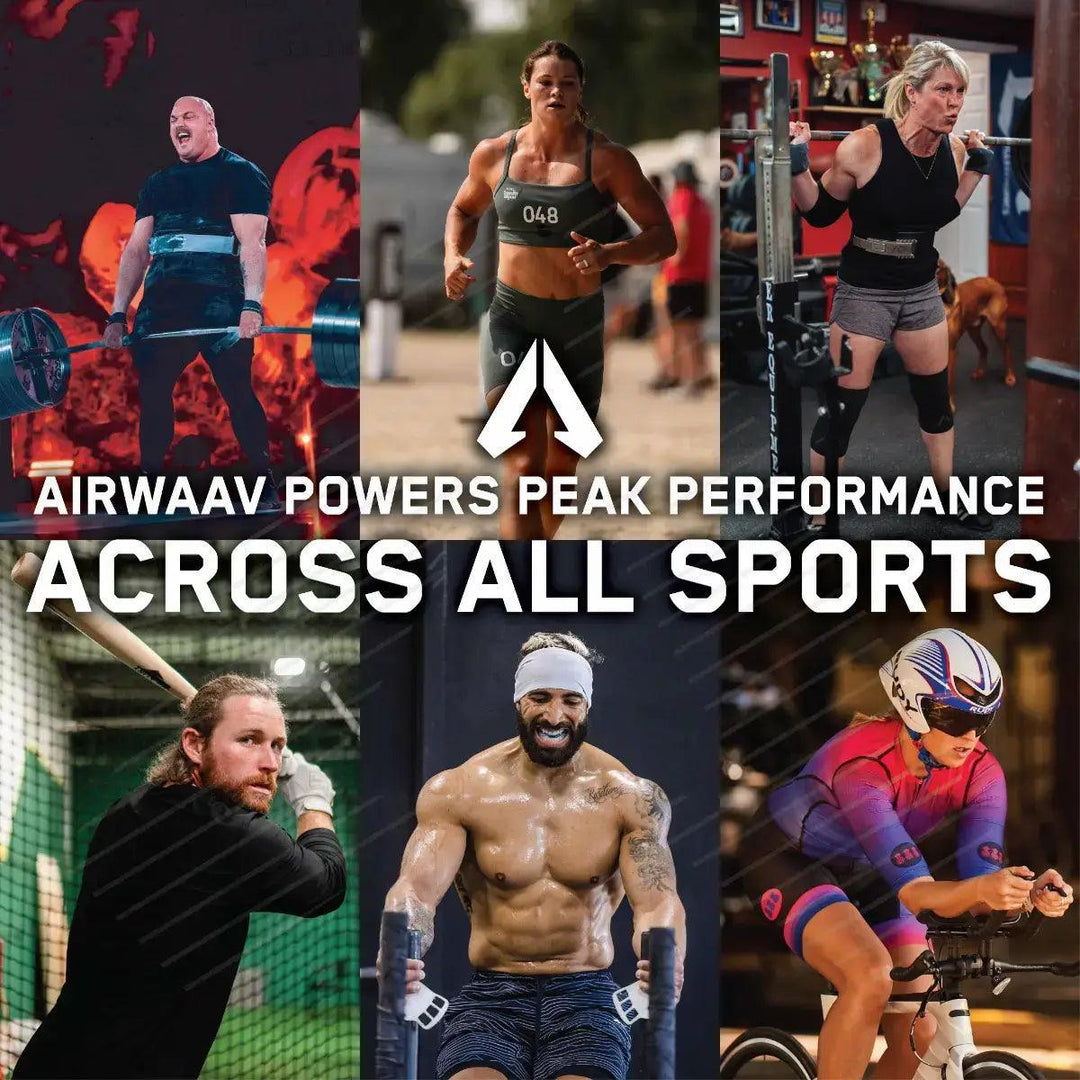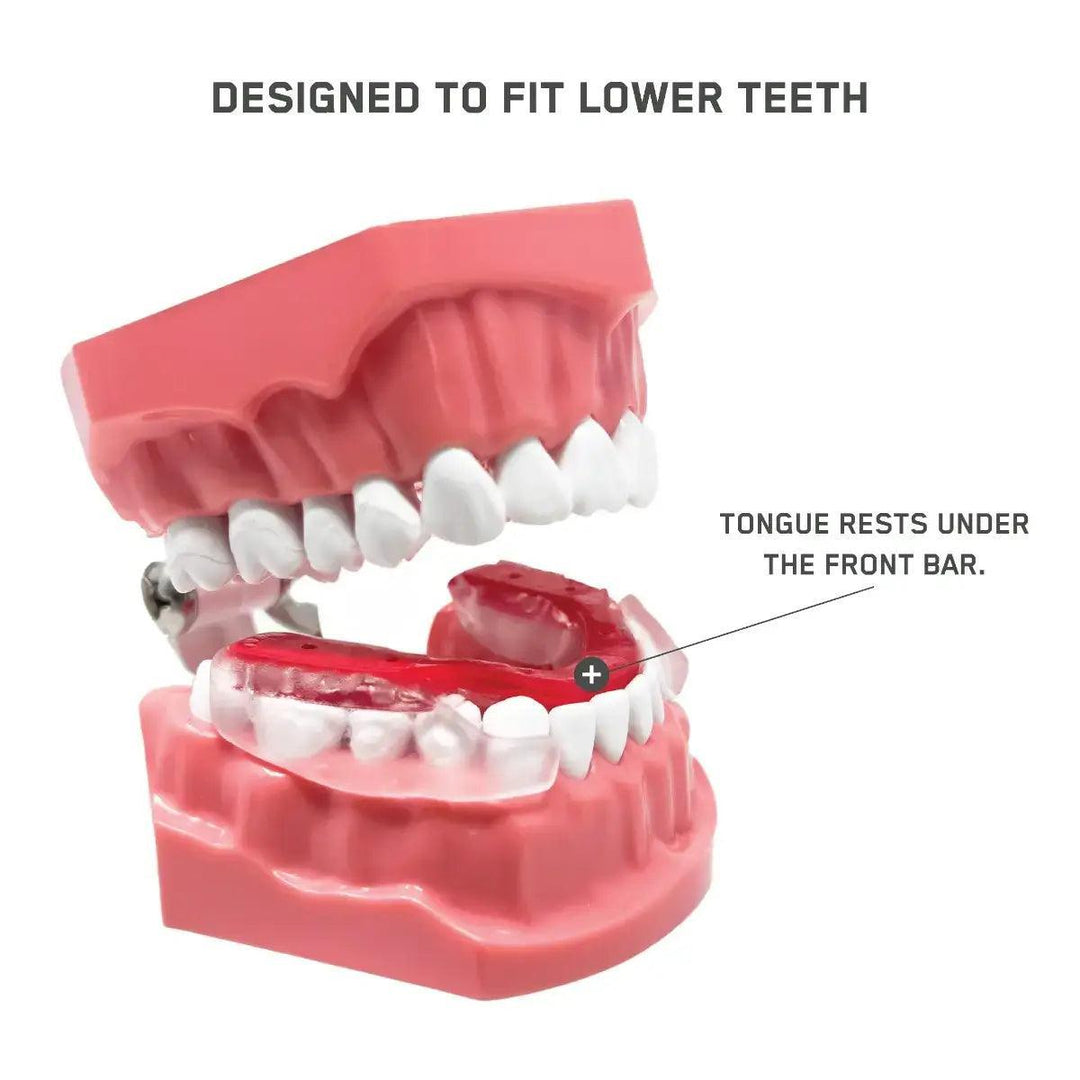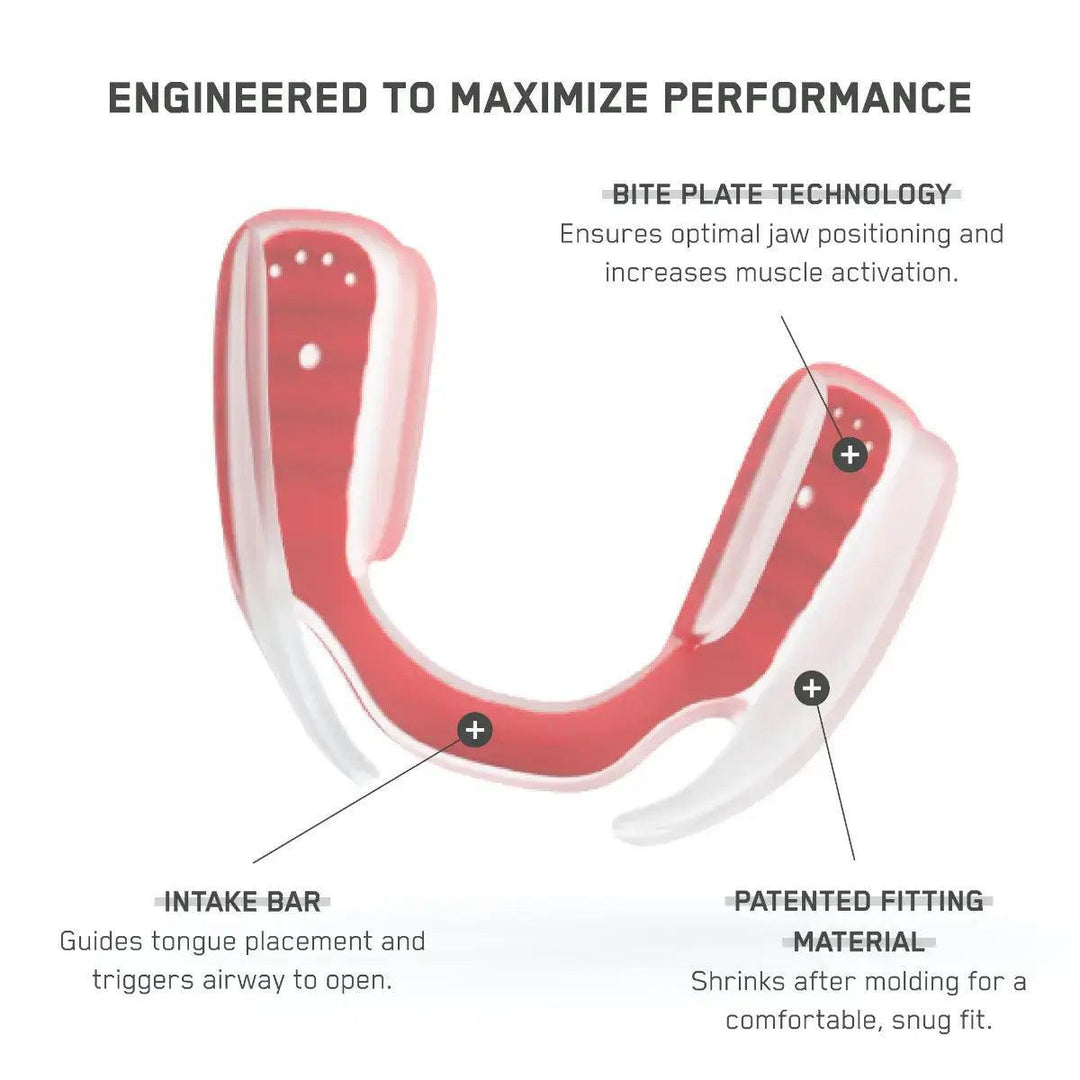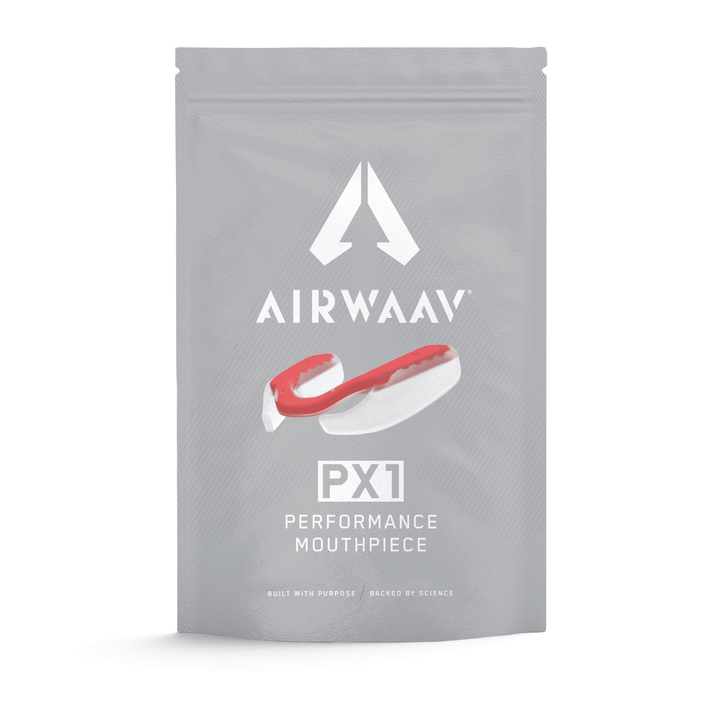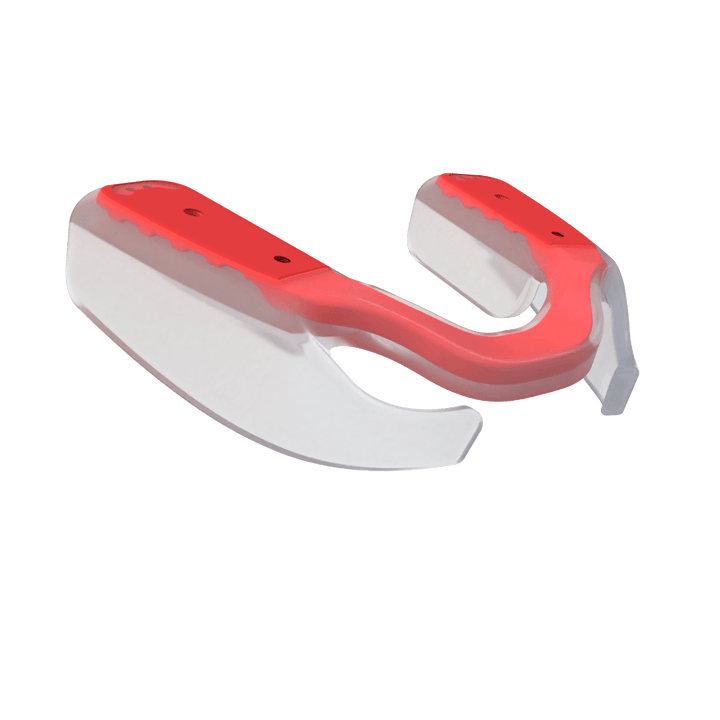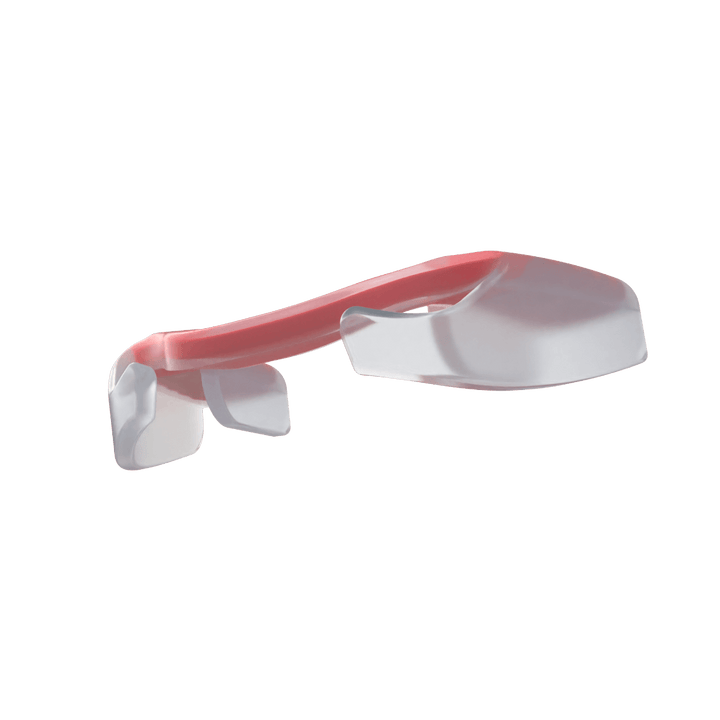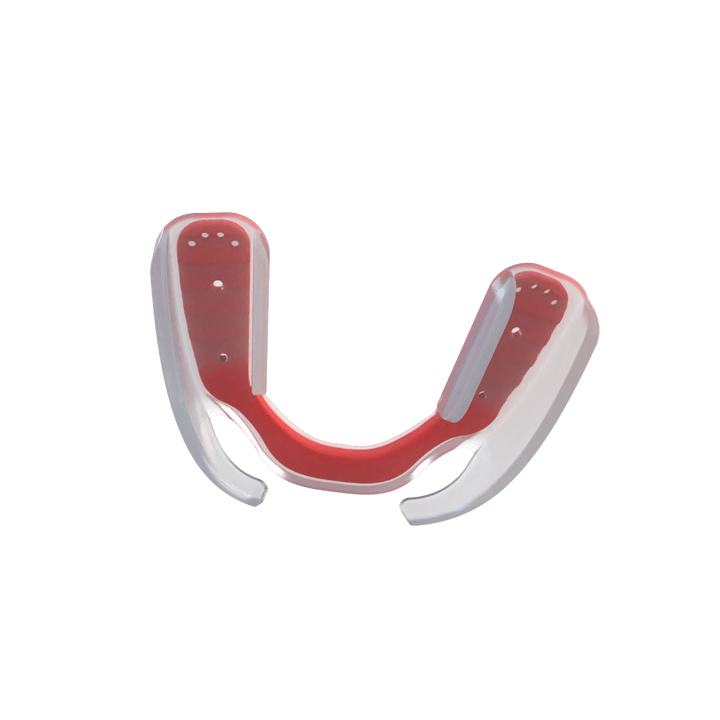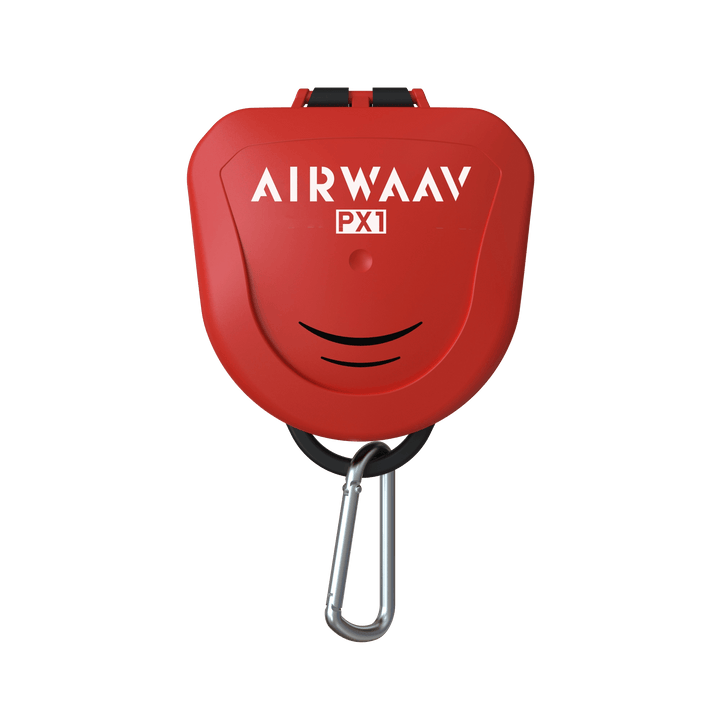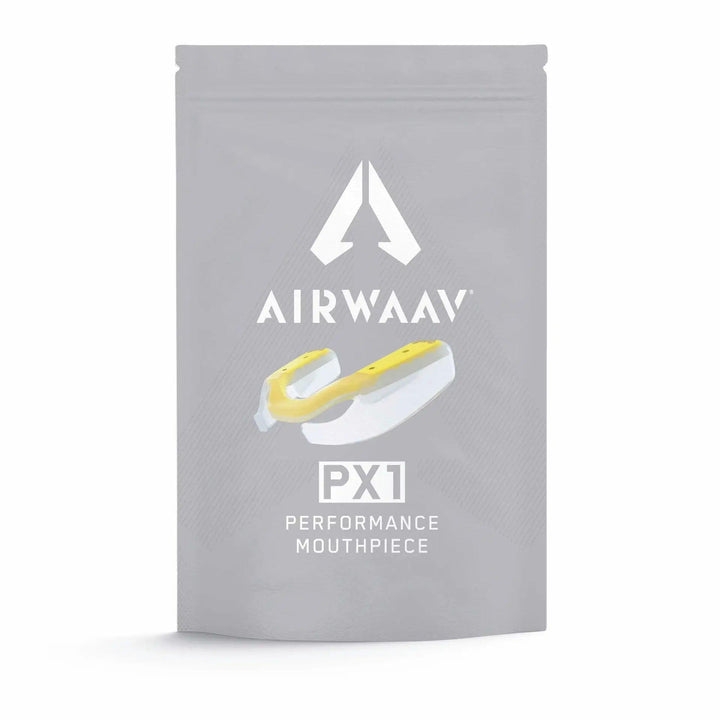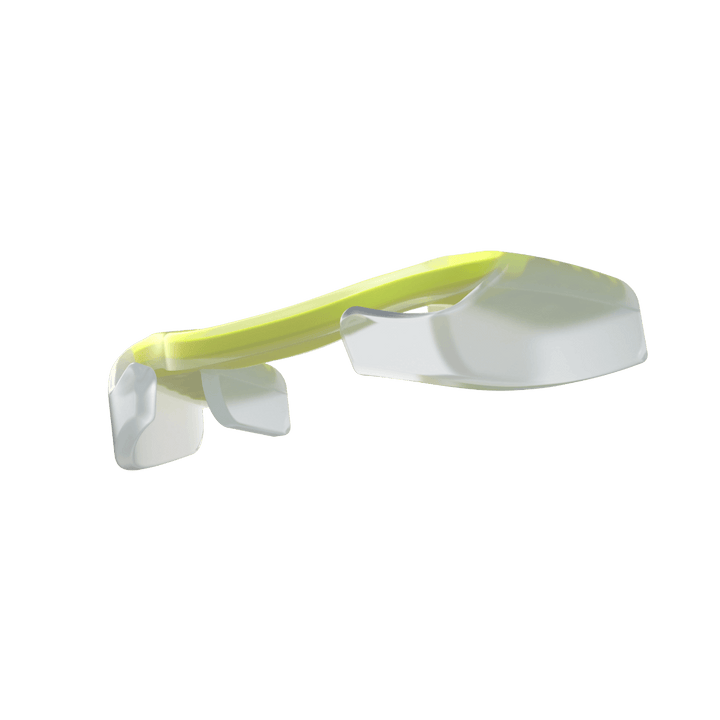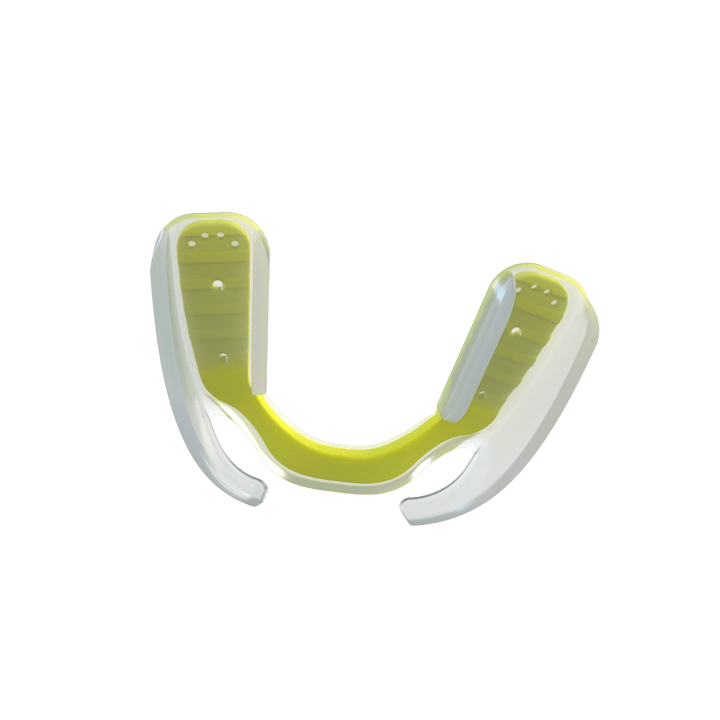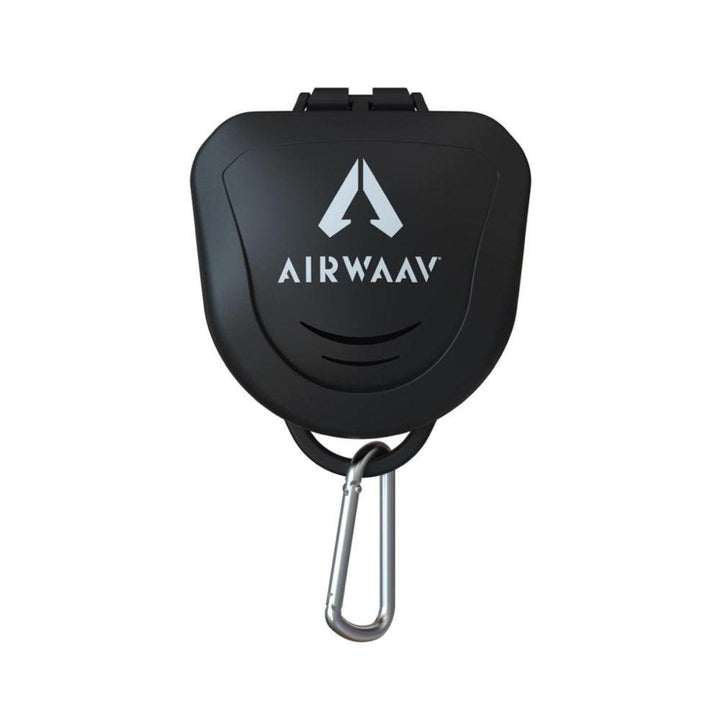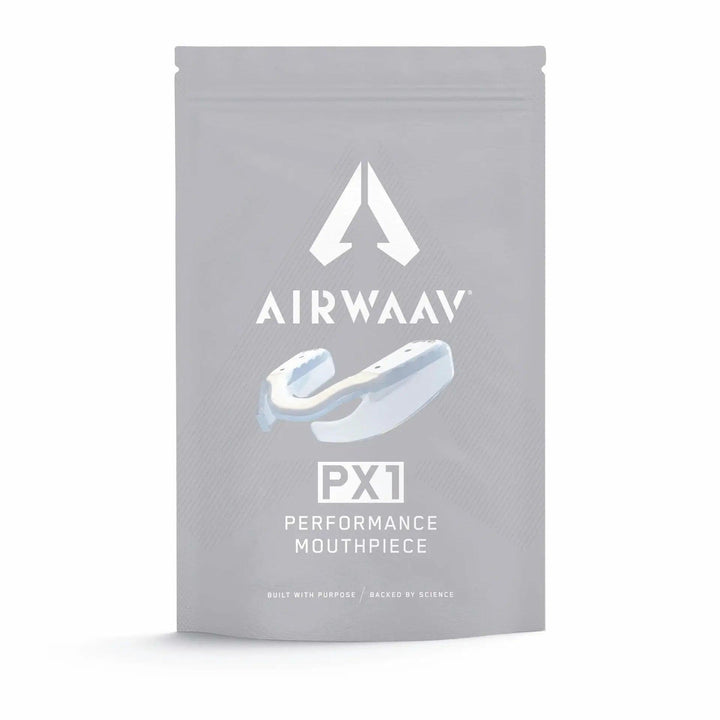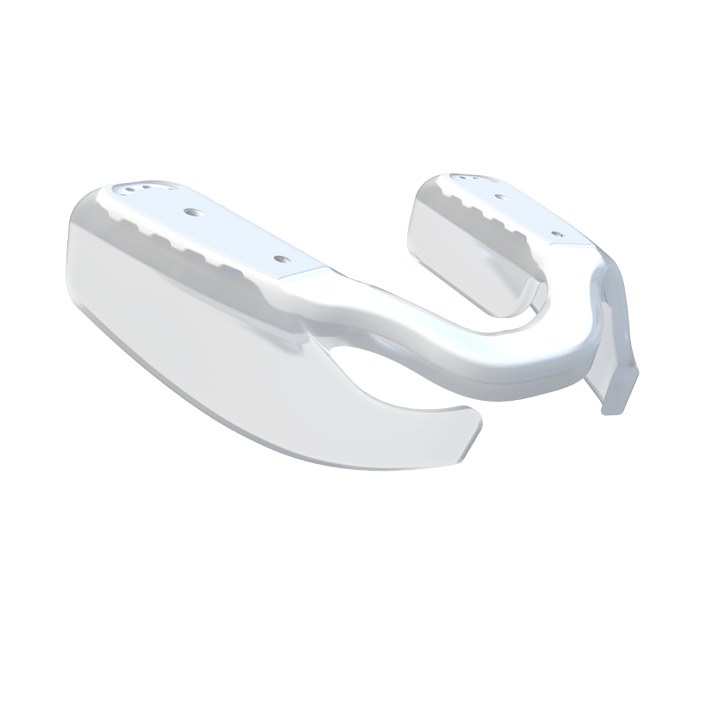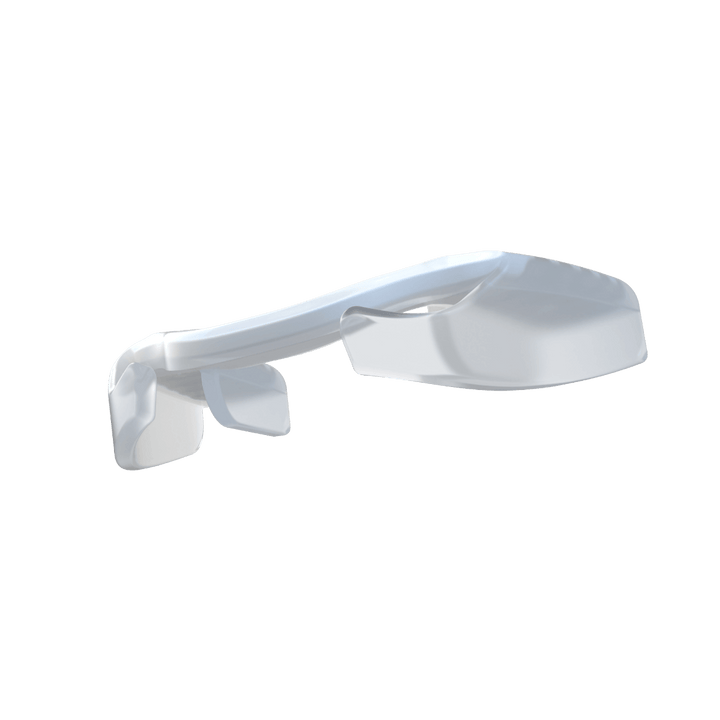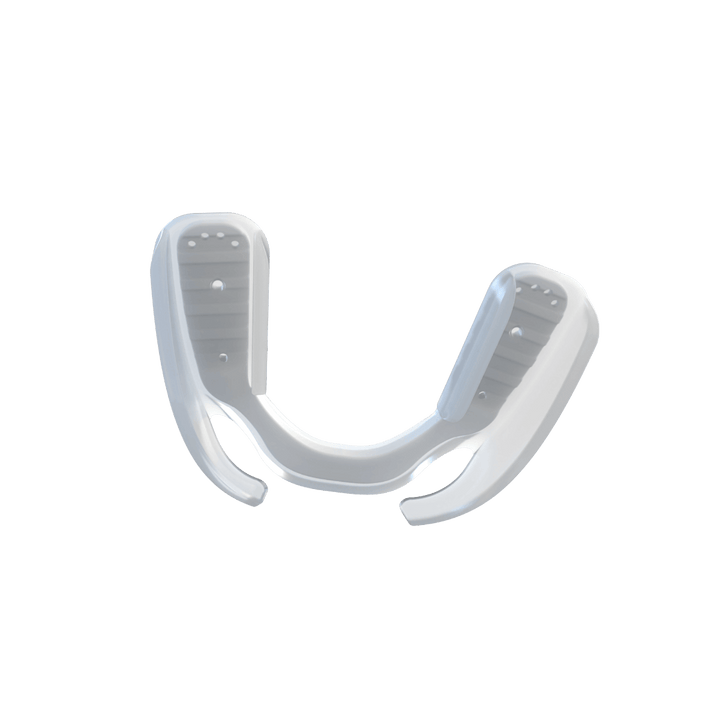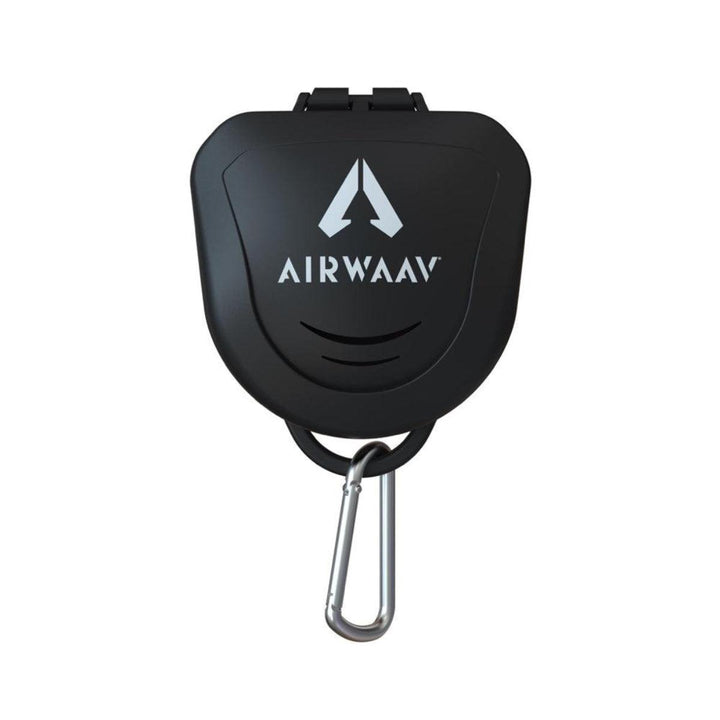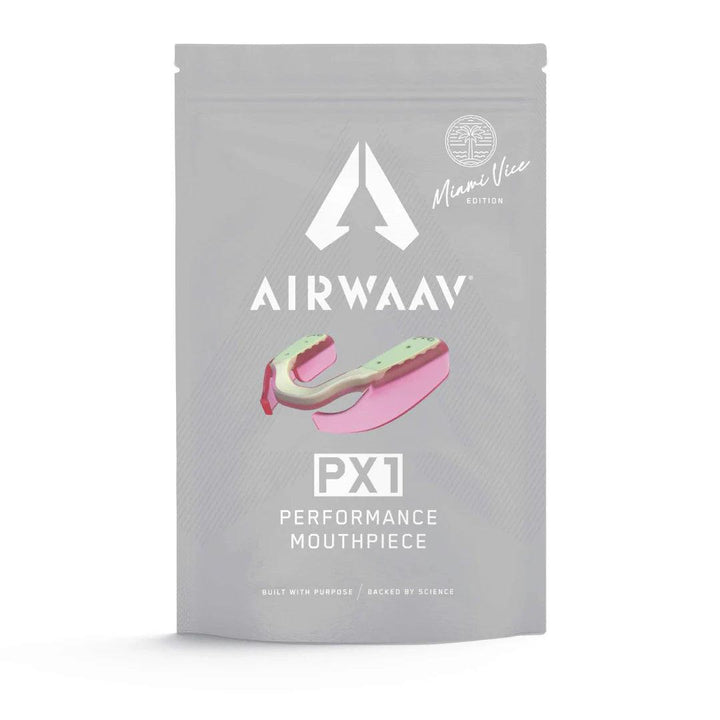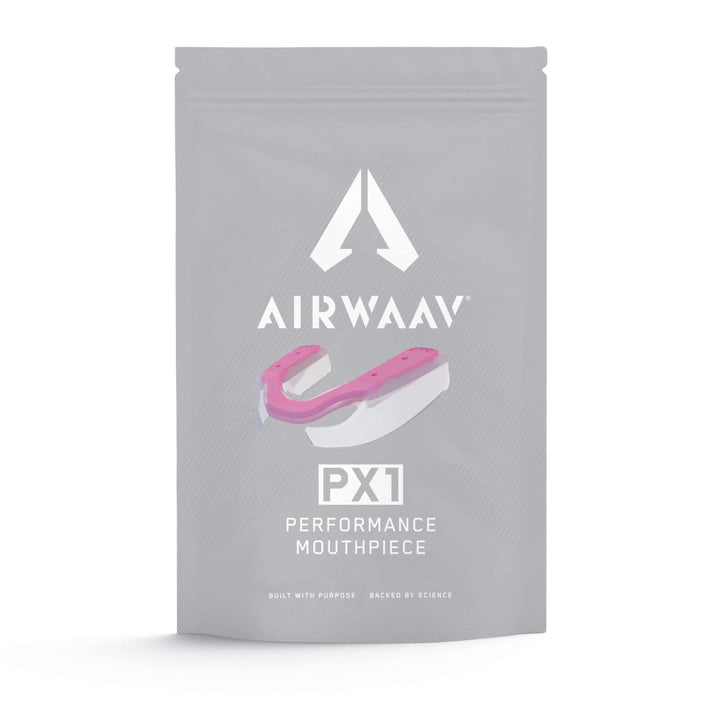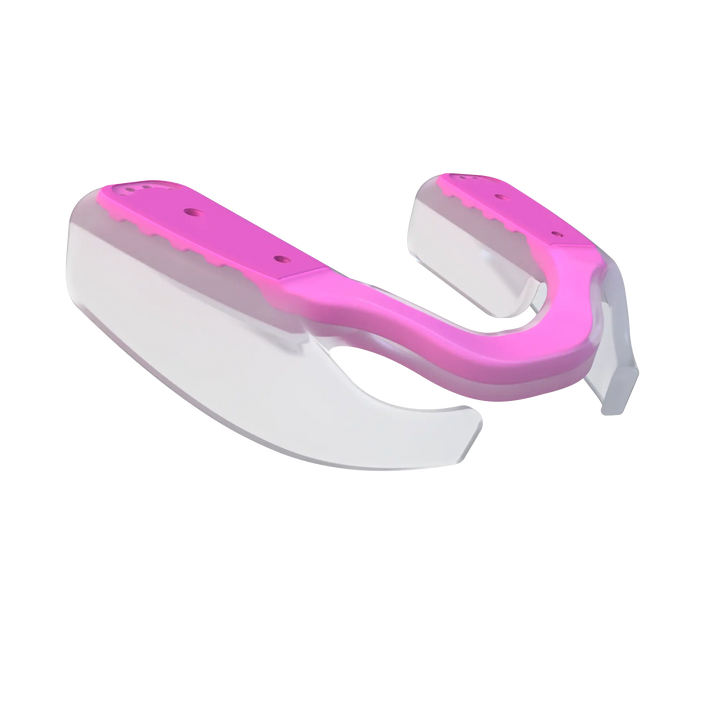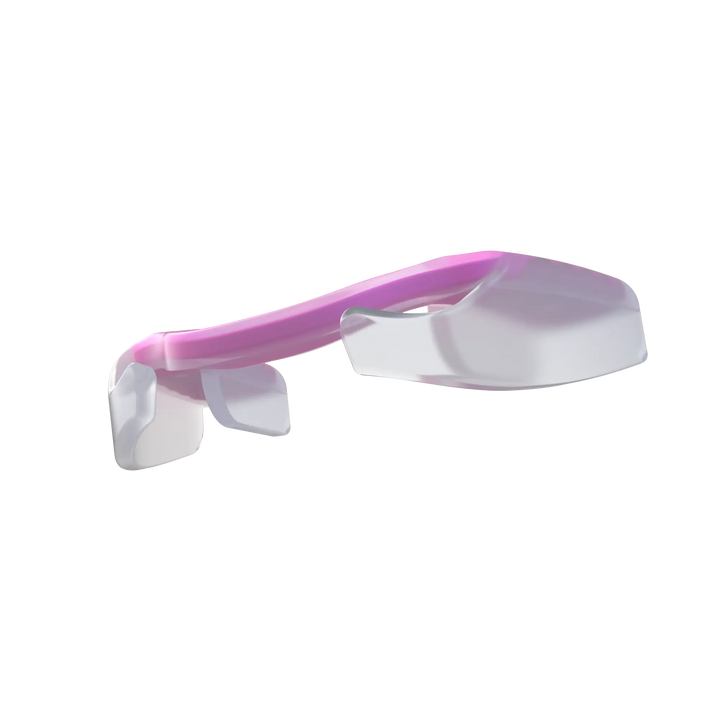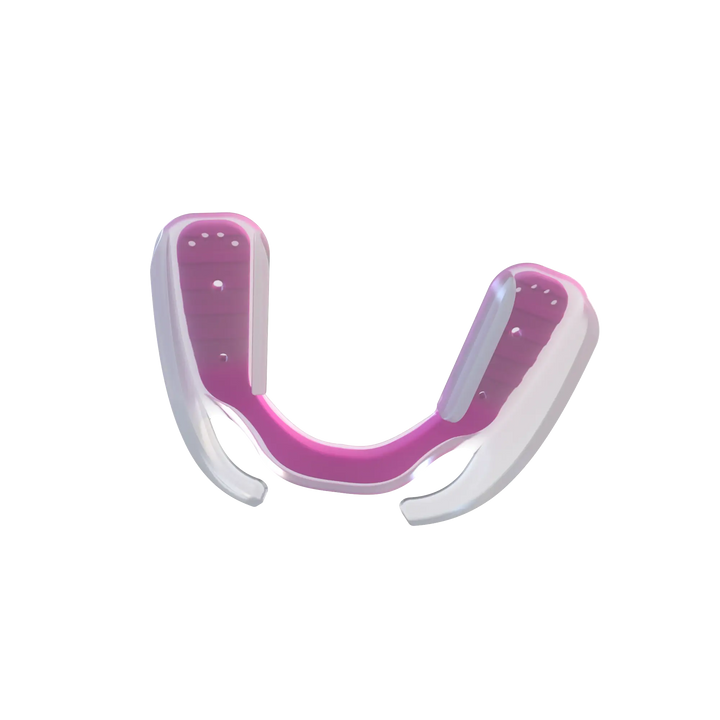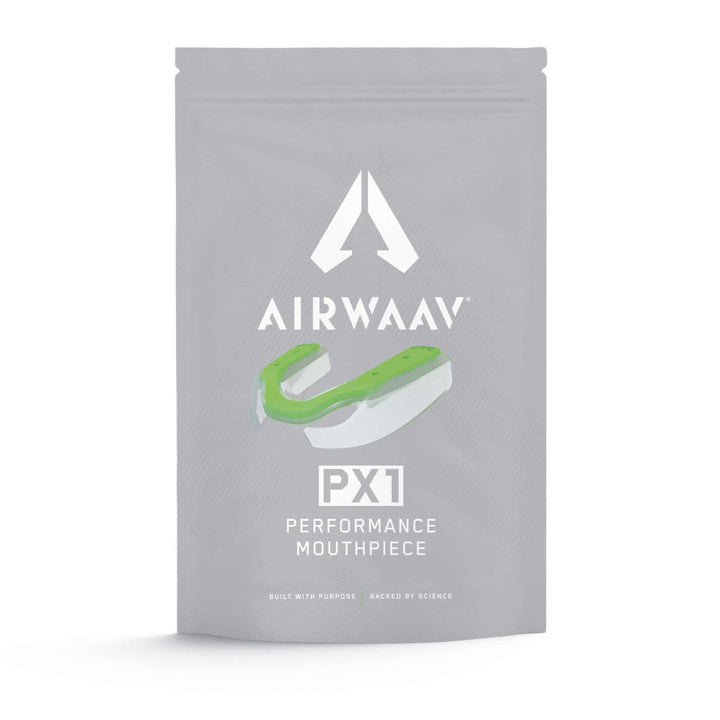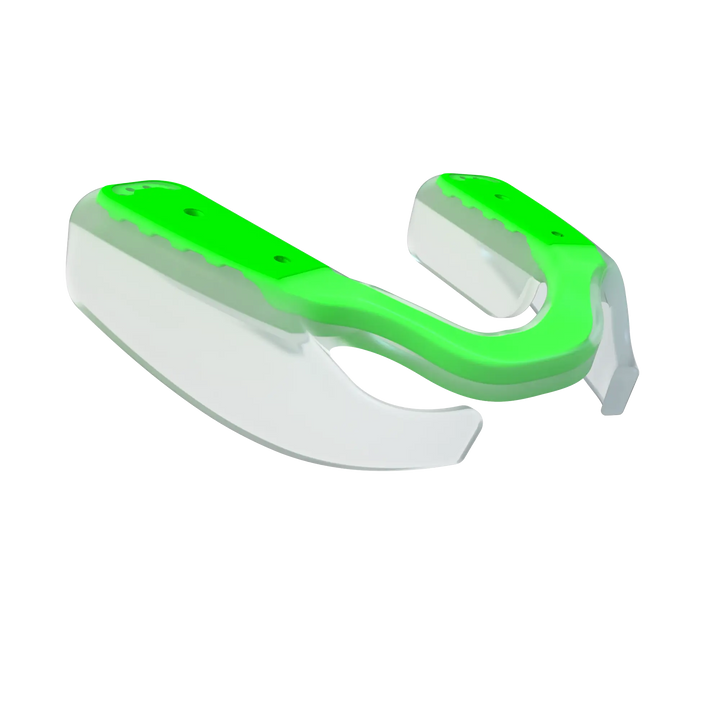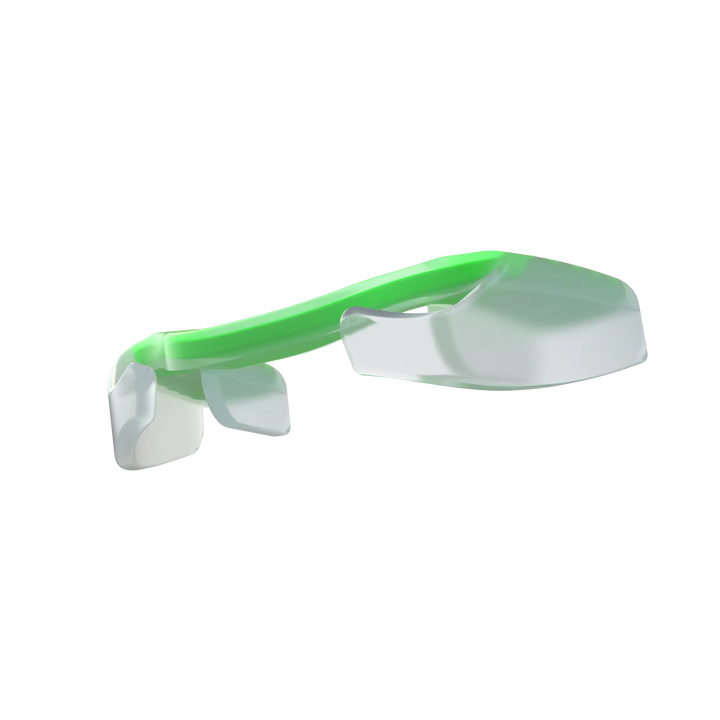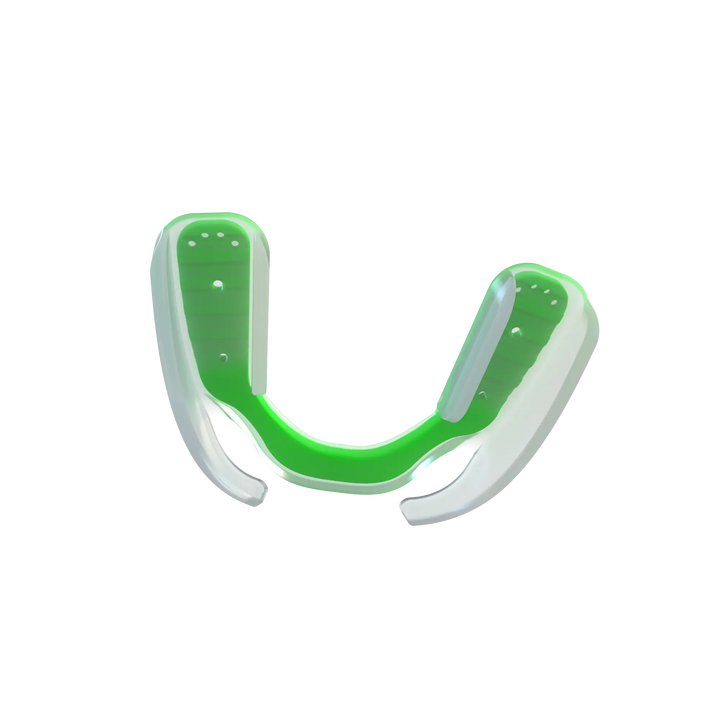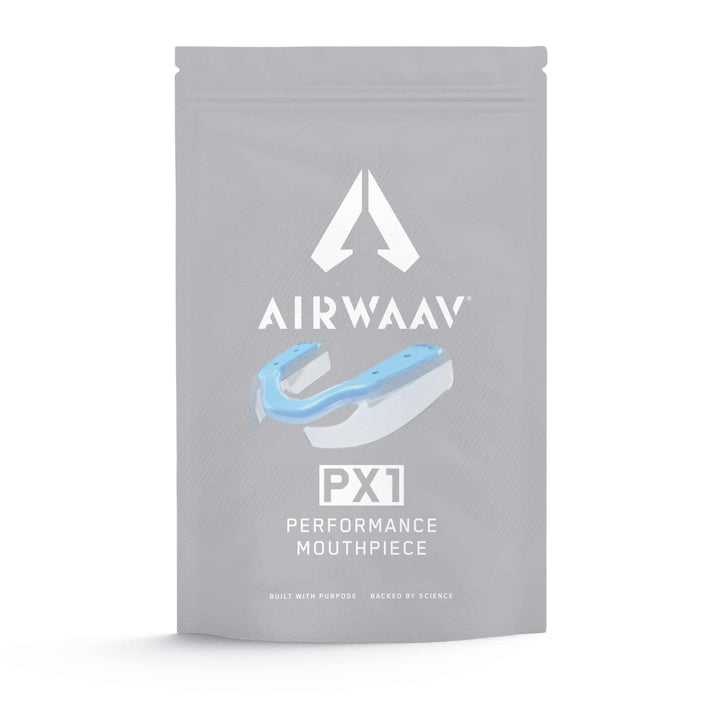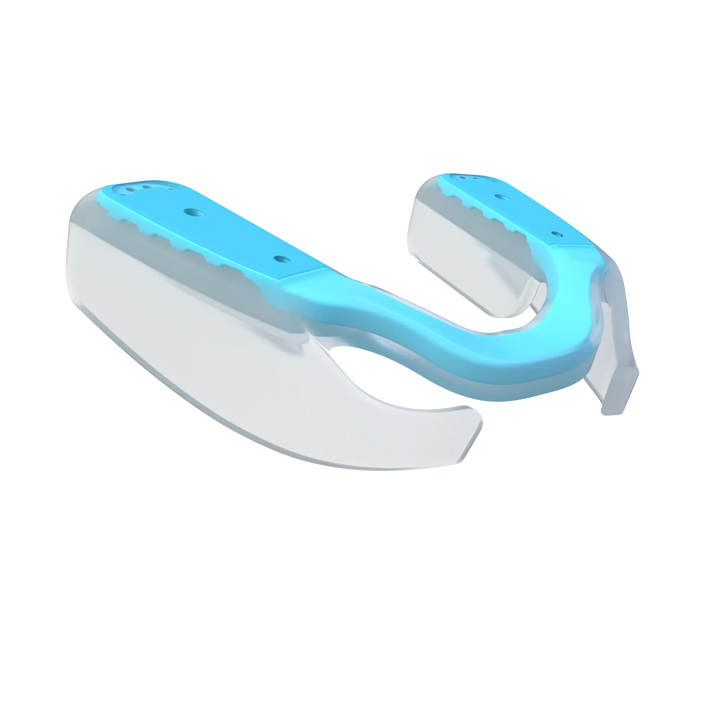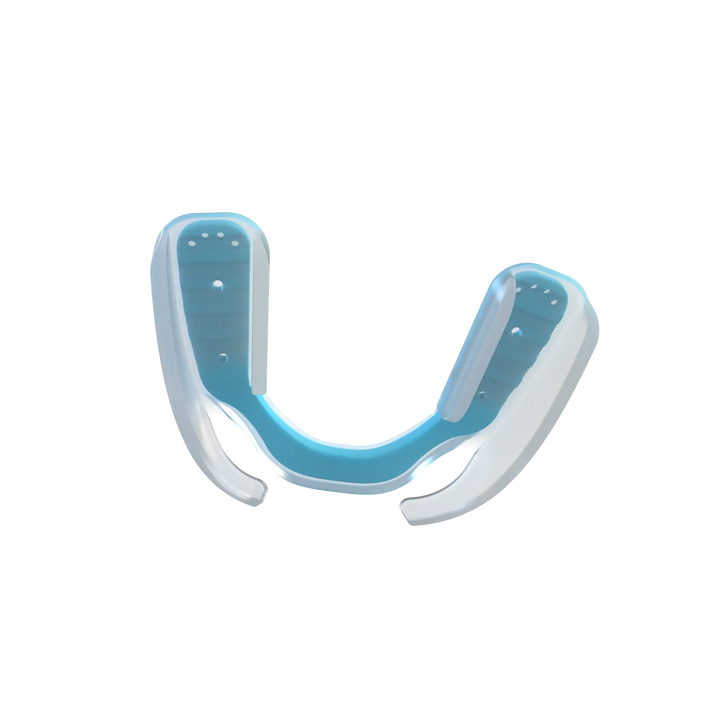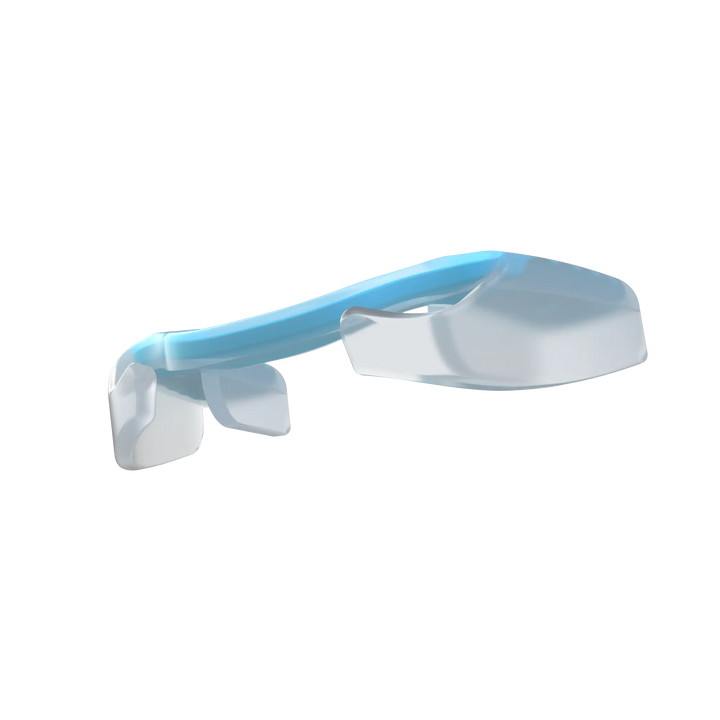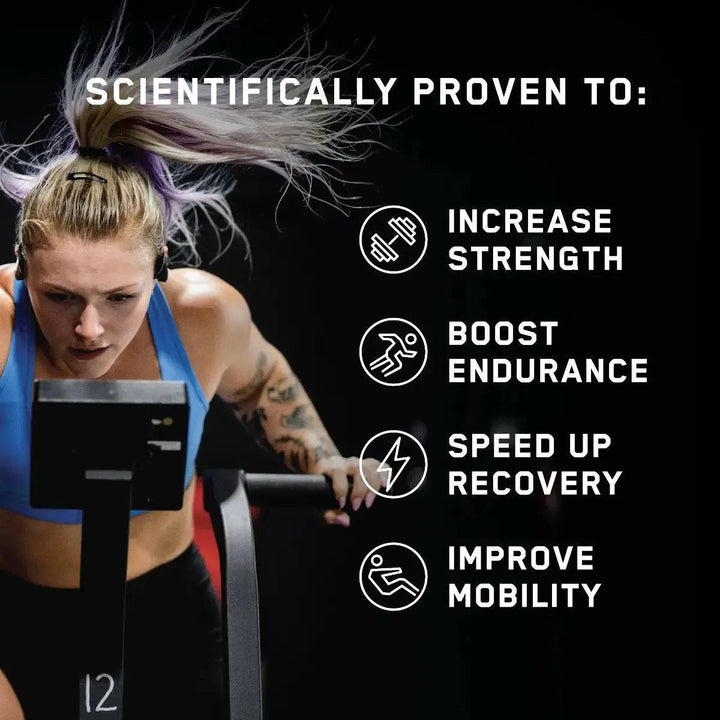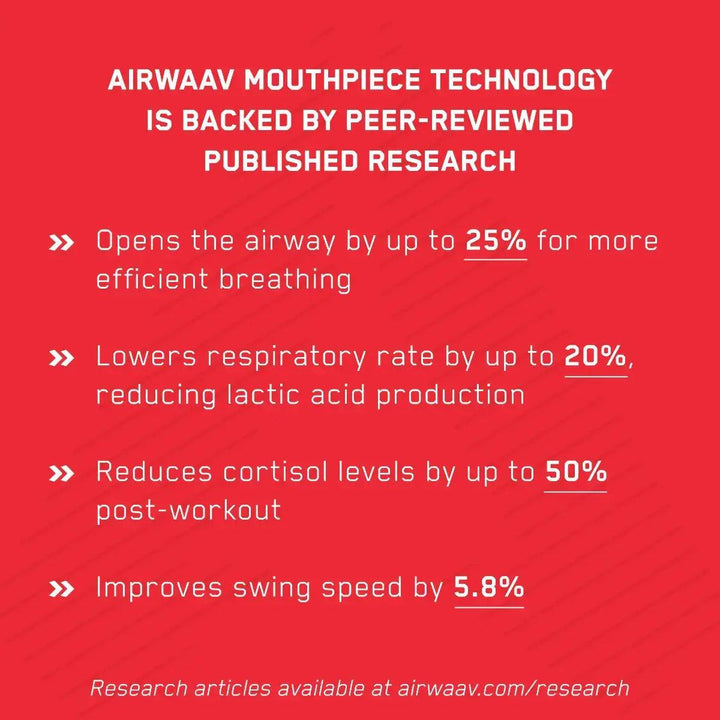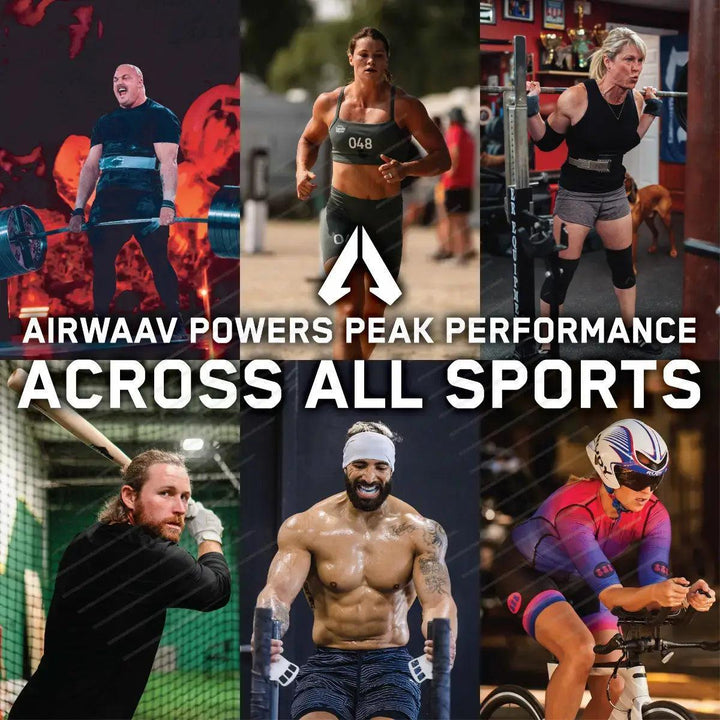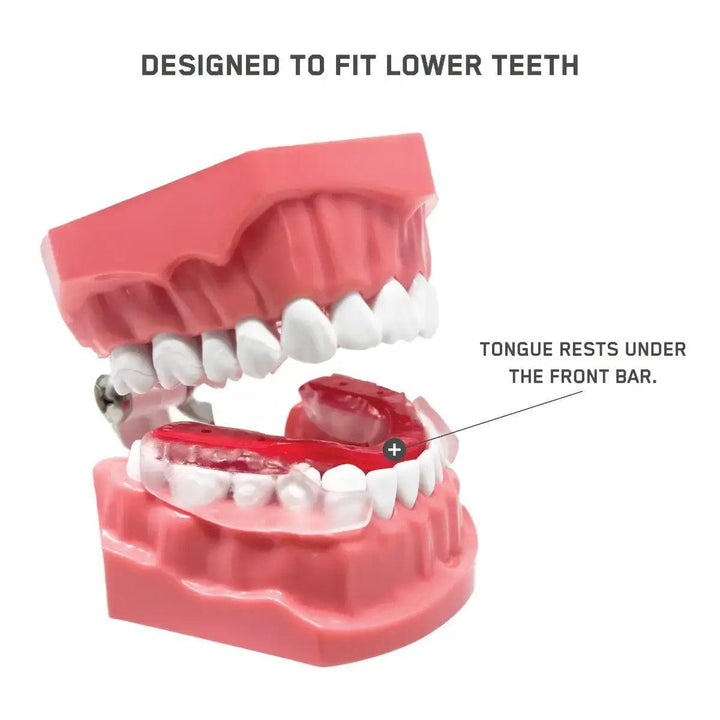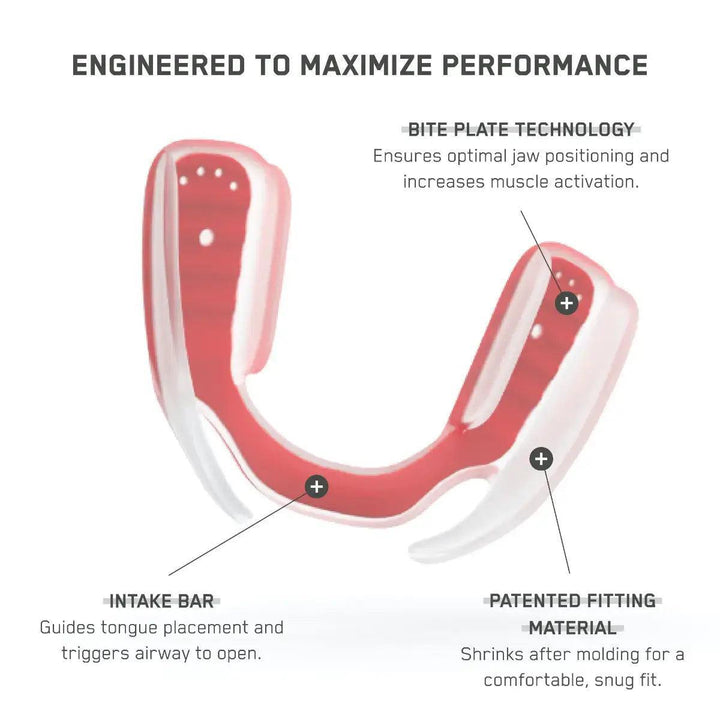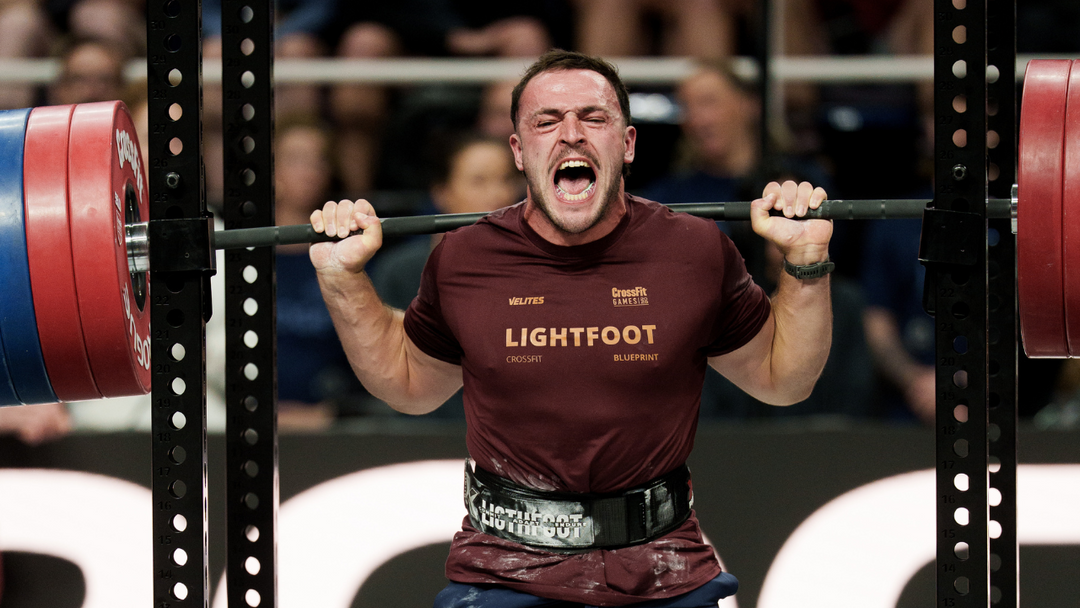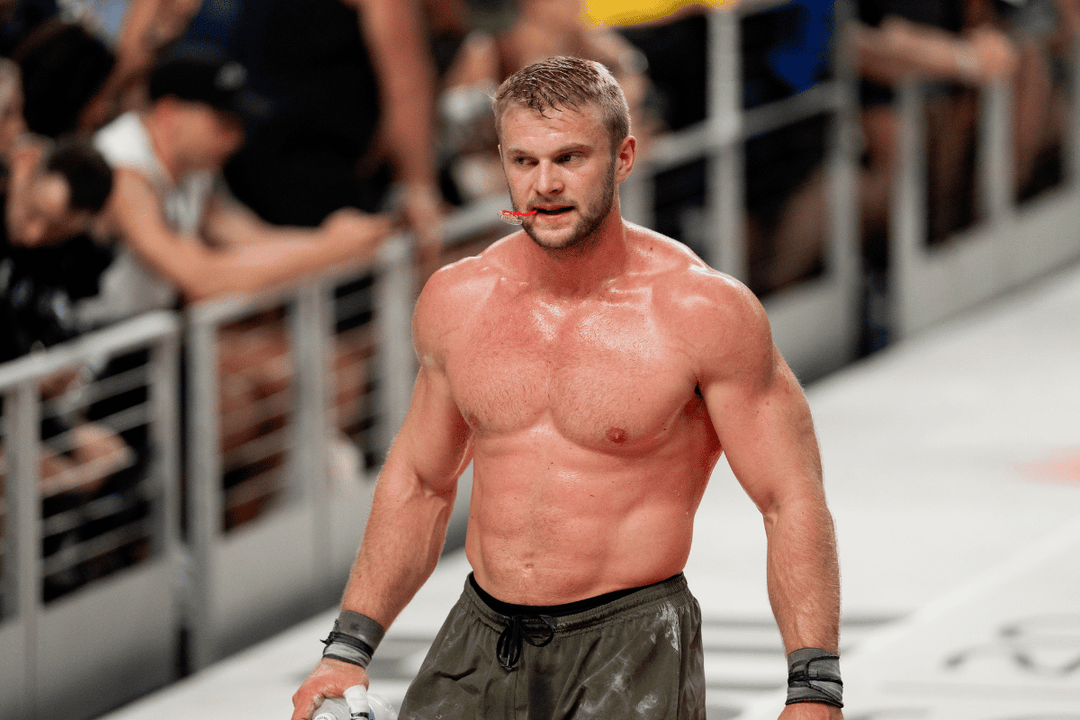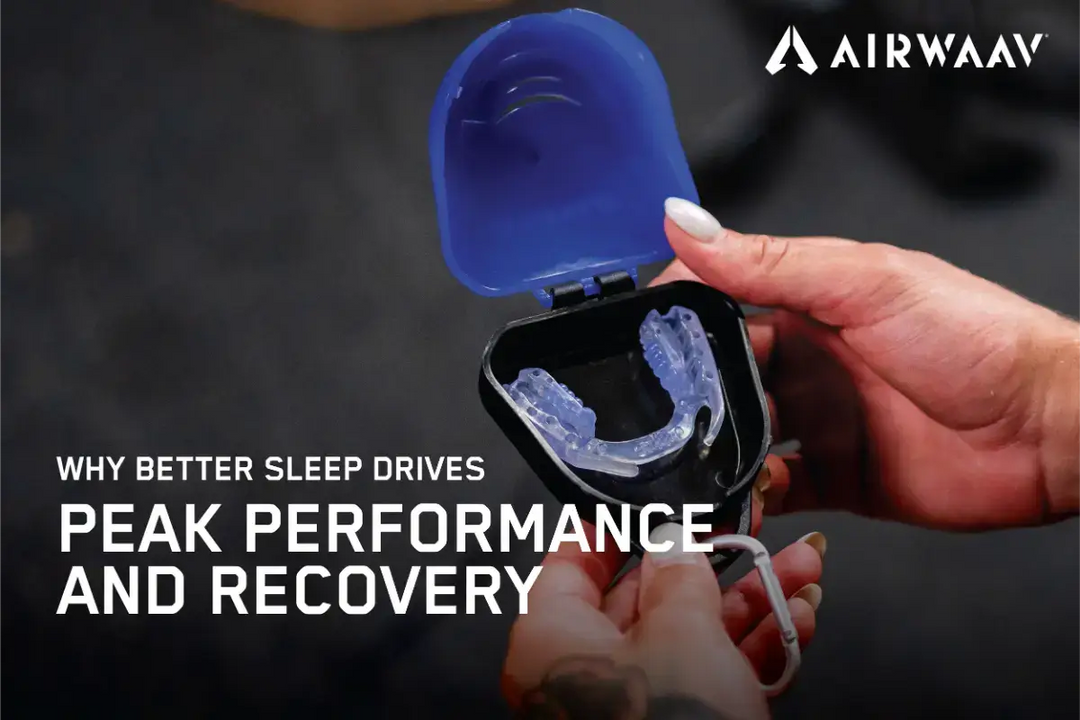The Crucial Link Between Sleep and Athletic Recovery

The Crucial Link Between Sleep and Athletic Recovery
For athletes, the road to peak performance isn't just about rigorous training and competition; it's also paved with efficient recovery strategies. A recent study delves into this critical aspect of athletic success, shedding light on the intricate relationship between sleep and recovery.
Understanding the Balance
Balancing training stress with proper recovery is paramount. Athletes' performance is intricately regulated by the central and peripheral nervous systems, where fatigue is closely linked to factors like CNS drive and motor unit recruitment. Here's where sleep comes into play: sleep deprivation wreaks havoc on stress hormones, carbohydrate stores, appetite regulation, and muscle repair, underscoring its pivotal role in the recovery process.
Stress Takes Its Toll
Athletes deal with stress from various fronts—training, competition, and lifestyle—leading to acute and residual fatigue. Recovery strategies encompass a wide spectrum of approaches, from physiological to pharmacological and nutritional interventions. Sleep emerges as a favored recovery modality among athletes, with two primary sleep states, NREM and REM sleep, each playing a distinct role in the process.

The Importance of Quality Sleep
The study highlights that sleep quality, duration, and timing are essential for restorative effects. However, athletes often struggle with sleep due to erratic schedules and sleep-disrupting habits. Such irregular sleep patterns can impact hormones, consequently affecting muscle protein synthesis and recovery. Sleep disorders like OSA, insomnia, and movement disorders further compound these issues, negatively impacting health, cognitive function, and athletic performance.
Unpacking the Study
The study's objective was to investigate sleep quality, recovery-stress balance, supplement use, and alcohol intake in sub-elite and elite athletes. The hypothesis proposed that elite athletes would exhibit superior sleep, recovery, and nutritional practices compared to their sub-elite counterparts.
Findings and Insights
Involving 338 athletes, the study focused on various aspects of athletes' well-being. Interestingly, both elite and sub-elite athletes reported similar poor sleep quality. Despite adequate sleep duration, both groups faced challenges related to sleep disturbances. Furthermore, recovery practices varied between the two groups. While elite athletes displayed better sport-specific recovery practices, overall stress levels were comparable.
Sleep Quality and Recovery
Using comprehensive tools like the Pittsburgh Sleep Quality Index (PSQI), the study found that sleep quality was poor across both groups. Athletes reported issues related to sleep disturbances, leading to inadequate recovery. The Consensus Sleep Diary-Core (CSD-C) highlighted differences in total sleep time and awakenings between training/competition days and rest days. Excessive daytime sleepiness was prevalent among both groups.
Chronotype and Nutrition
Chronotype analysis revealed that elite athletes preferred afternoon competitions, whereas sub-elite athletes favored morning events. Nutrition also emerged as a key player in recovery. Nutrients and meal timing influence circadian rhythms and neurotransmitters involved in the sleep-wake cycle, impacting muscle adaptations to exercise.
Implications and Future Avenues
The study's implications are profound, underscoring the prevalence of poor sleep quality among athletes and its potential impact on recovery and performance. This highlights the need for tailored interventions addressing sleep, nutrition, and recovery practices in athletes. Future research should explore larger athlete cohorts, combining objective and subjective measures over extended periods.
In conclusion, the study bridges the gap between athletic performance and recovery, emphasizing the integral role of sleep in this equation. By recognizing the importance of sleep quality and adopting athlete-specific interventions, we can better support athletes in reaching their full potential, both on and off the field.
Check out the AIRWAAV Recovery Mouthpiece to optimize breathing during sleep, improve overall sleep quality, and accelerate recovery.



